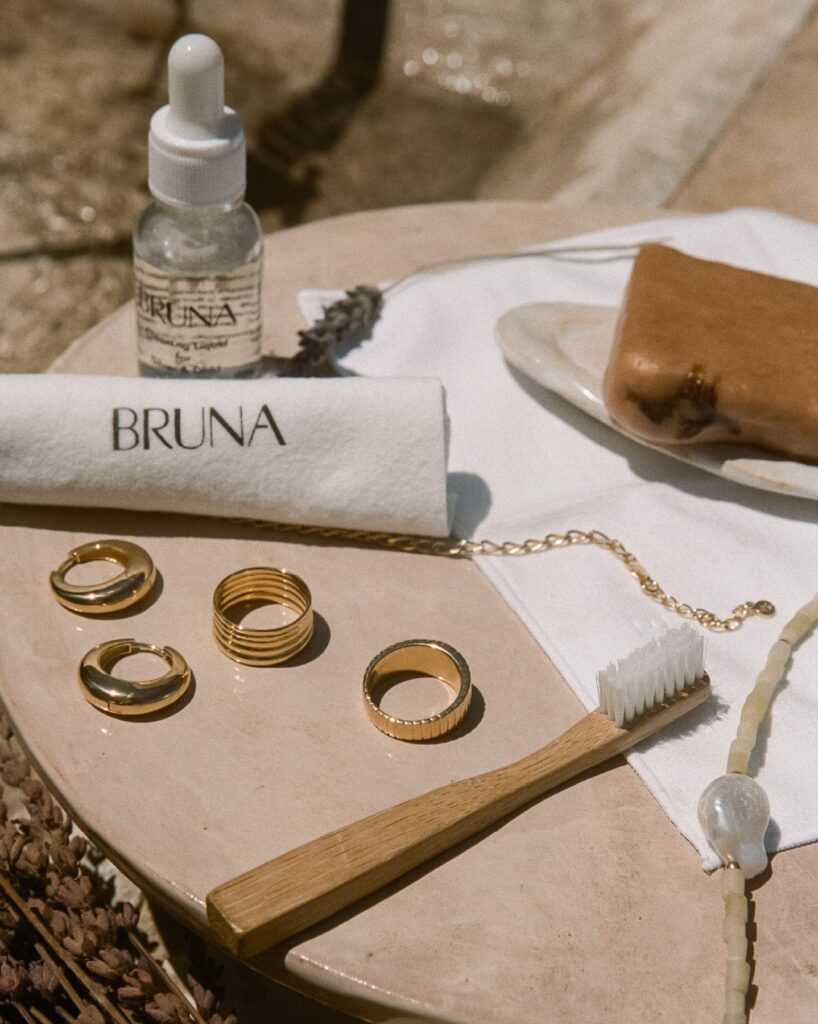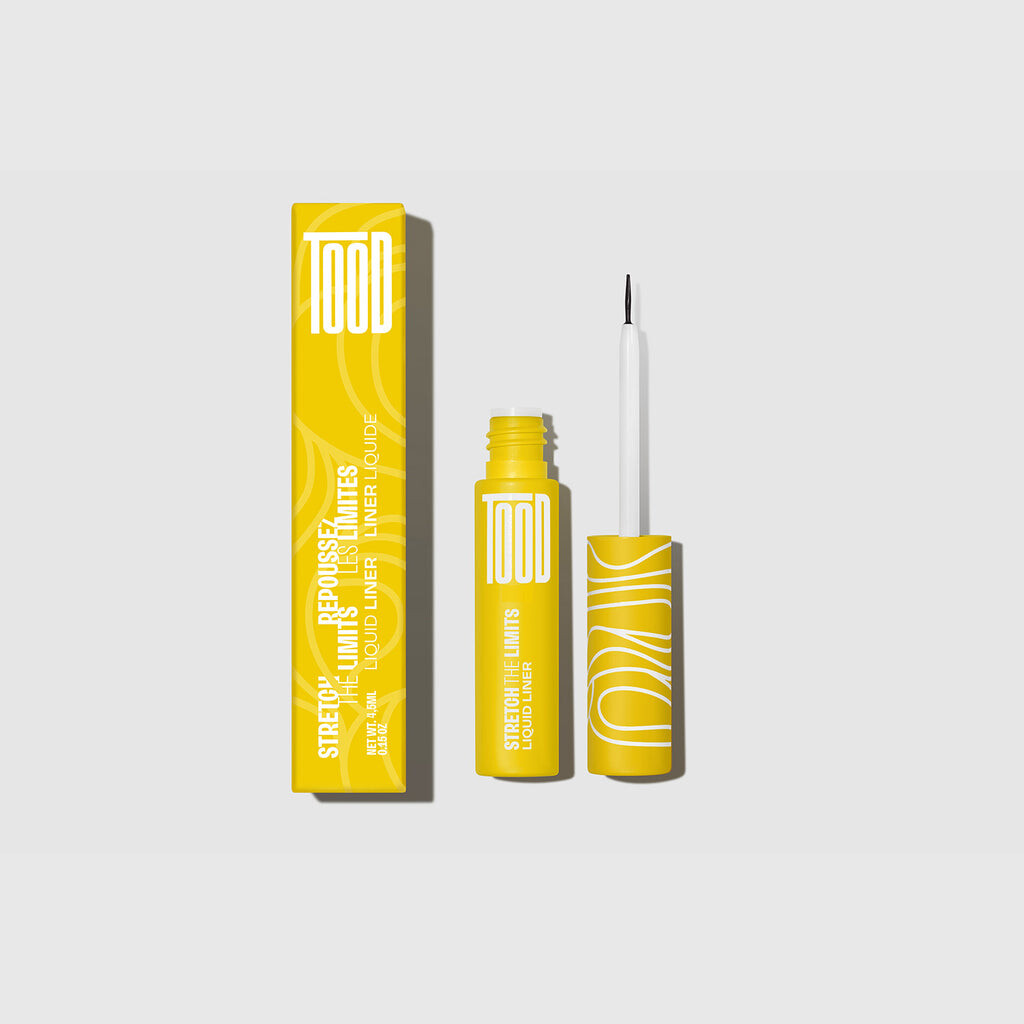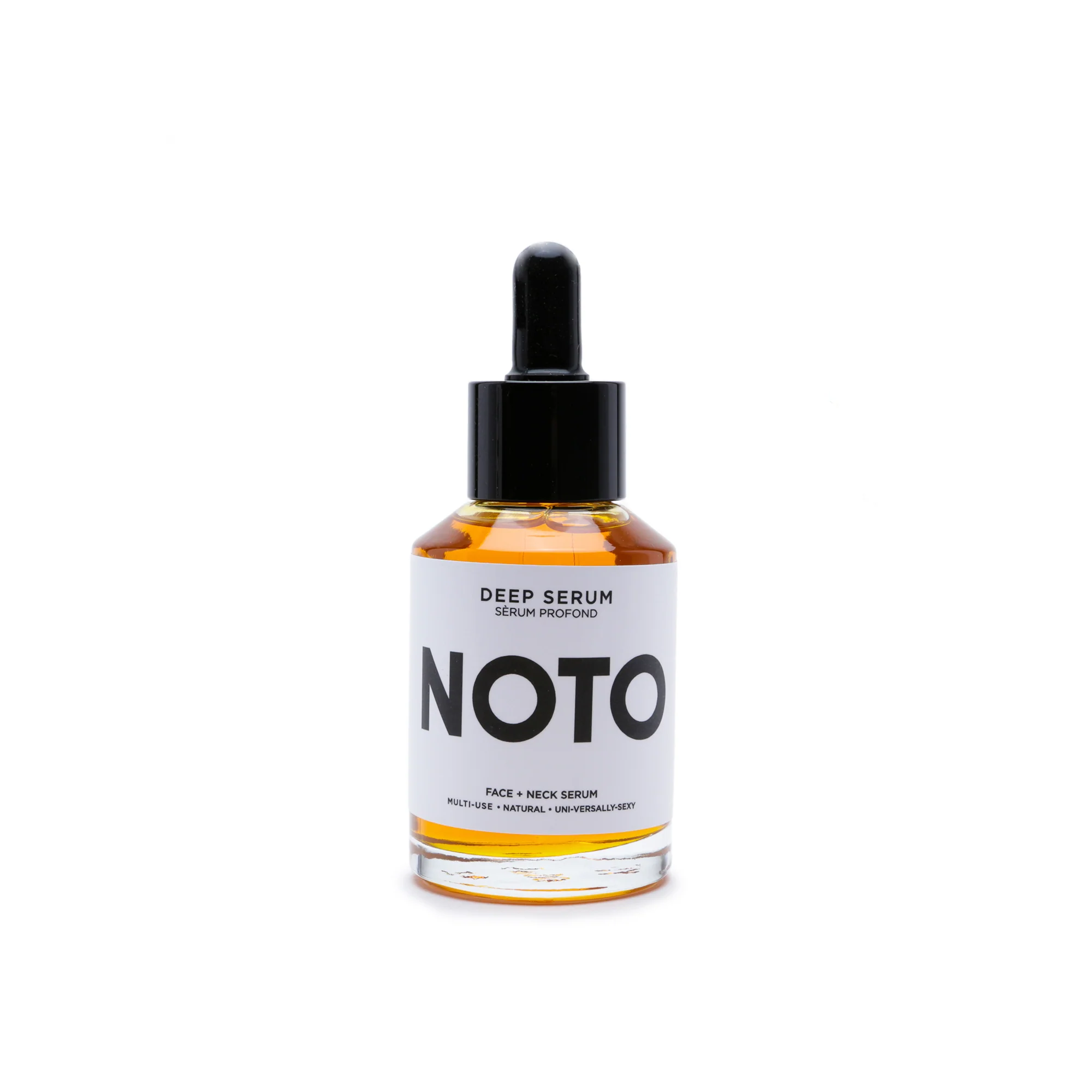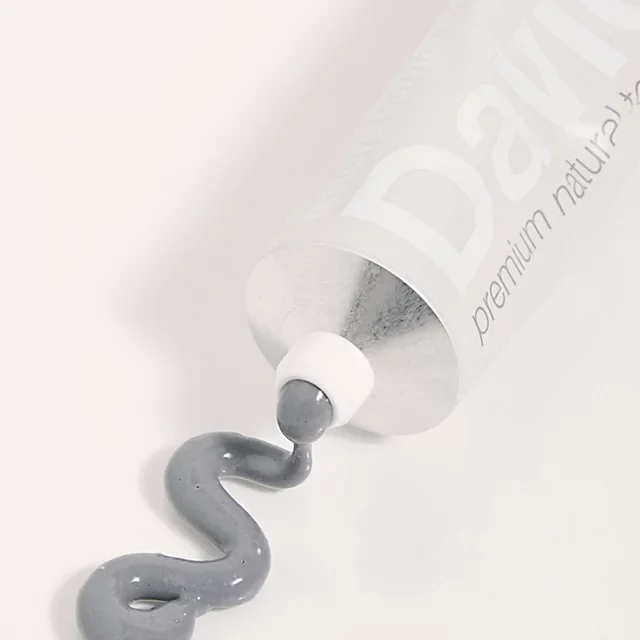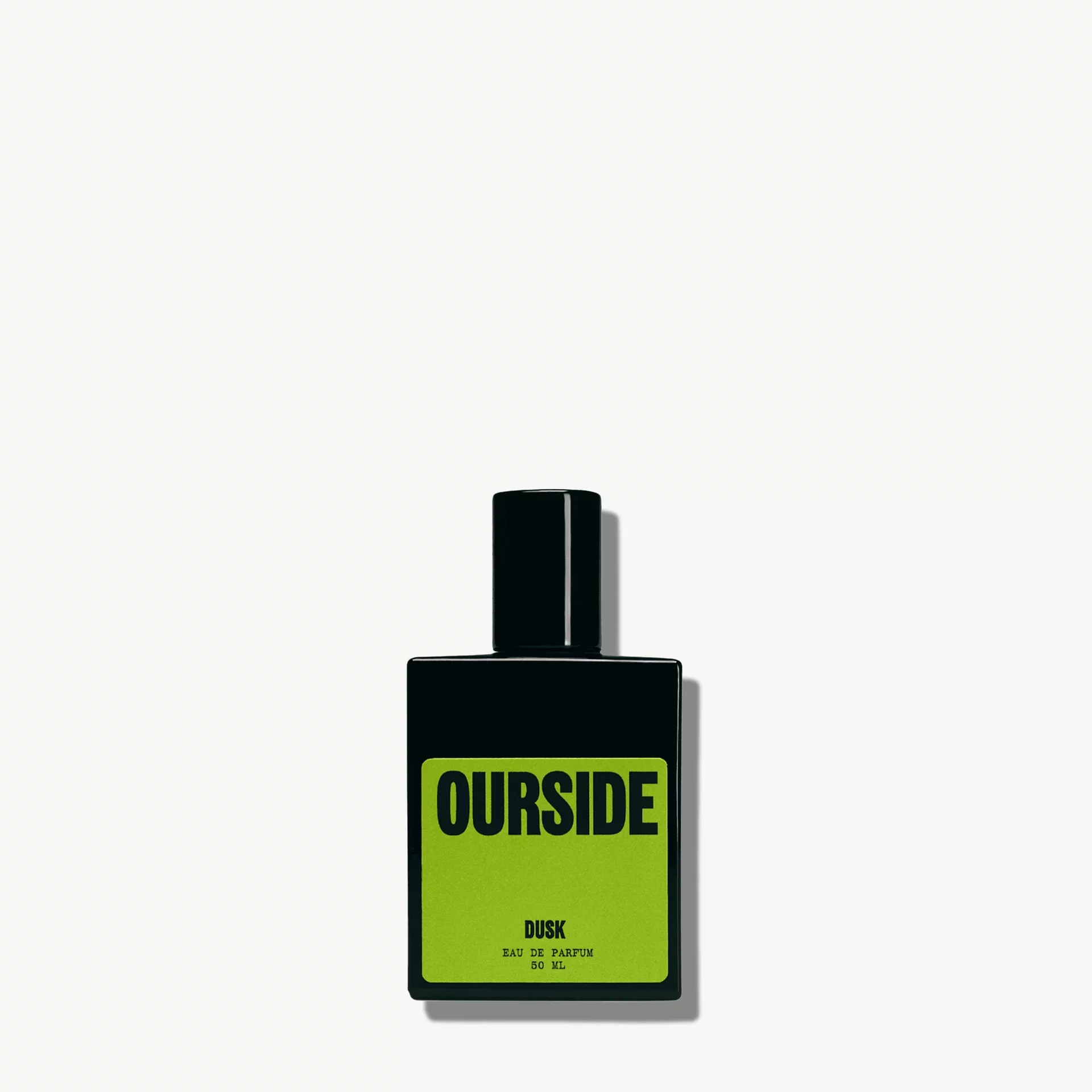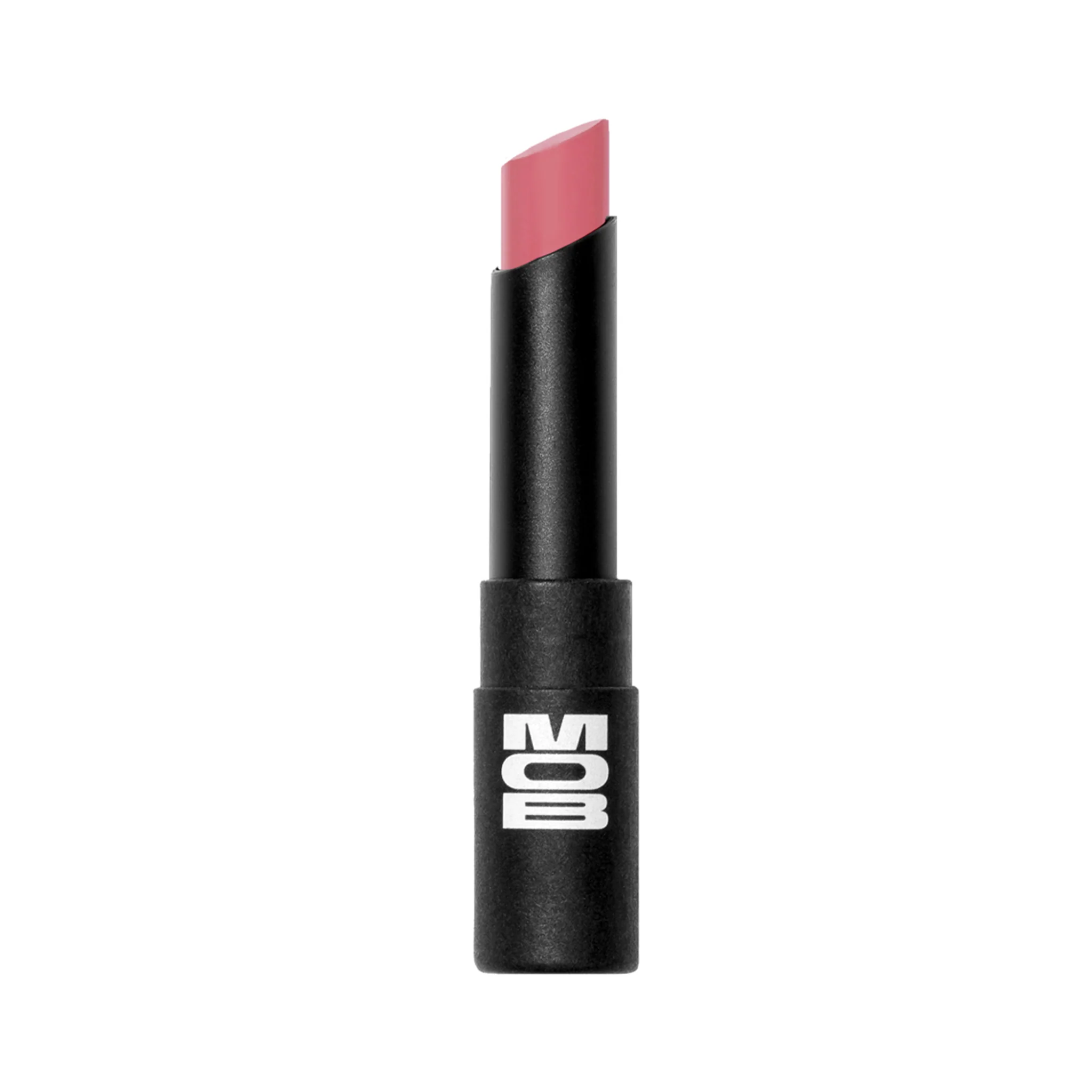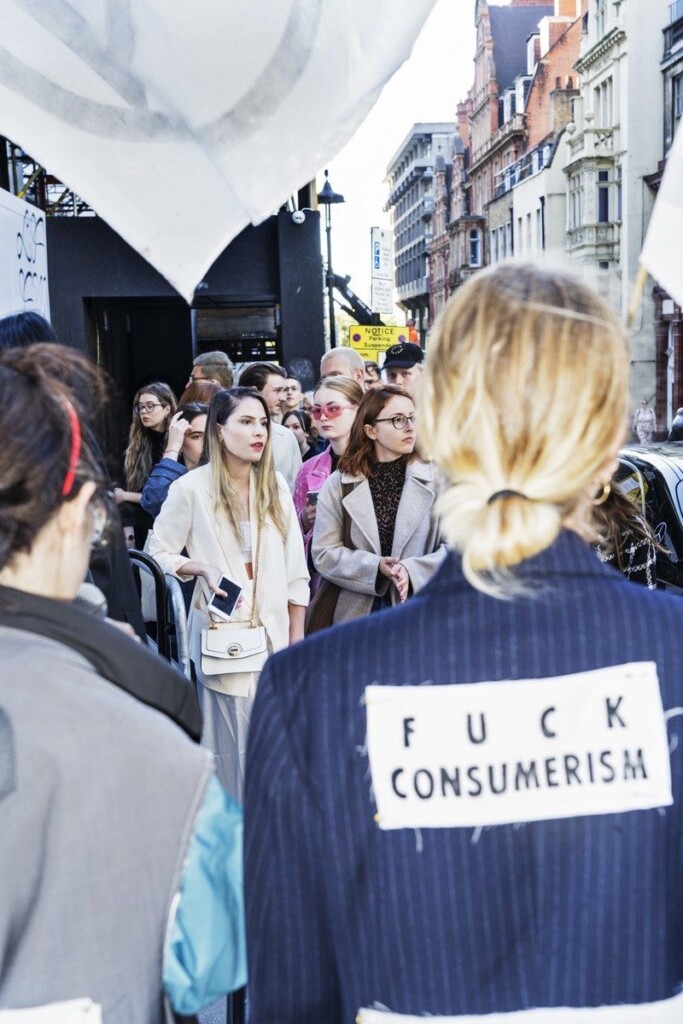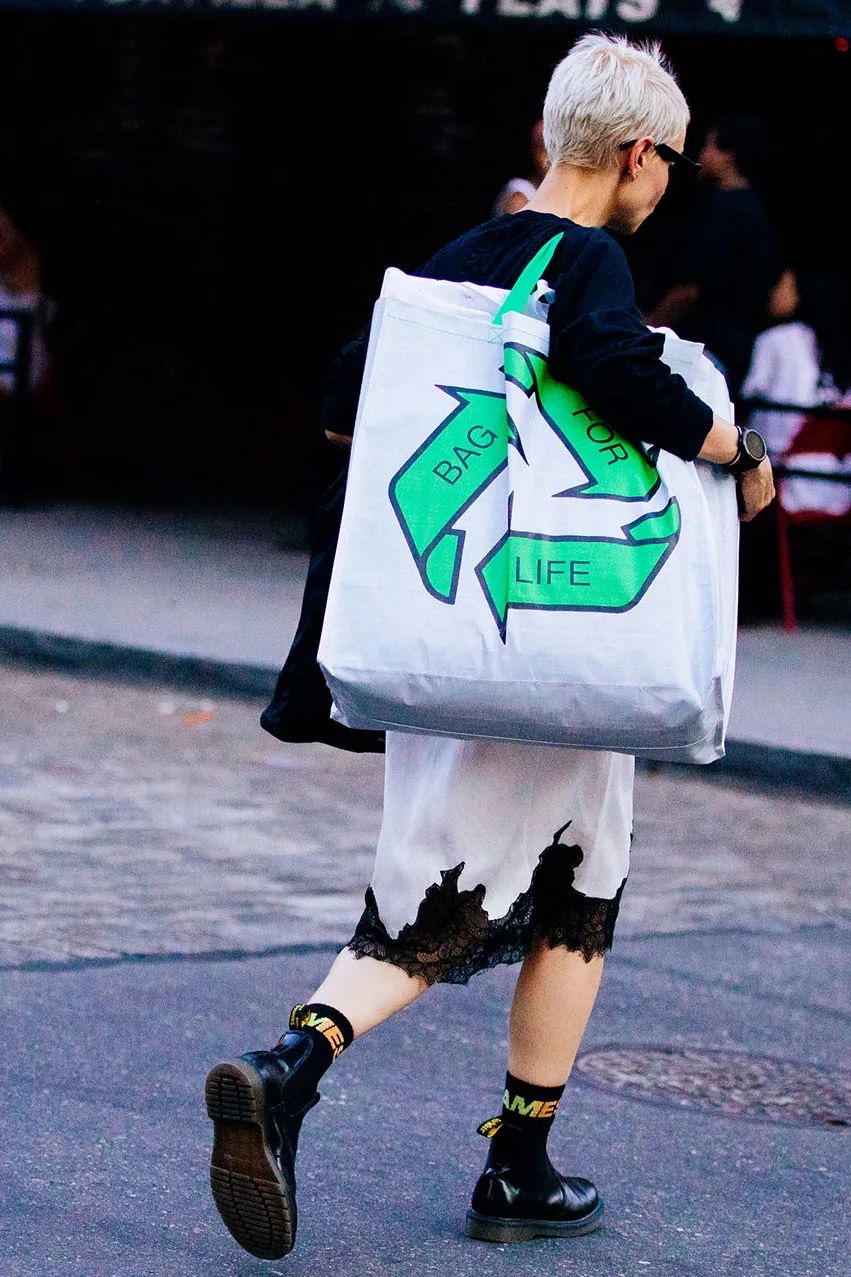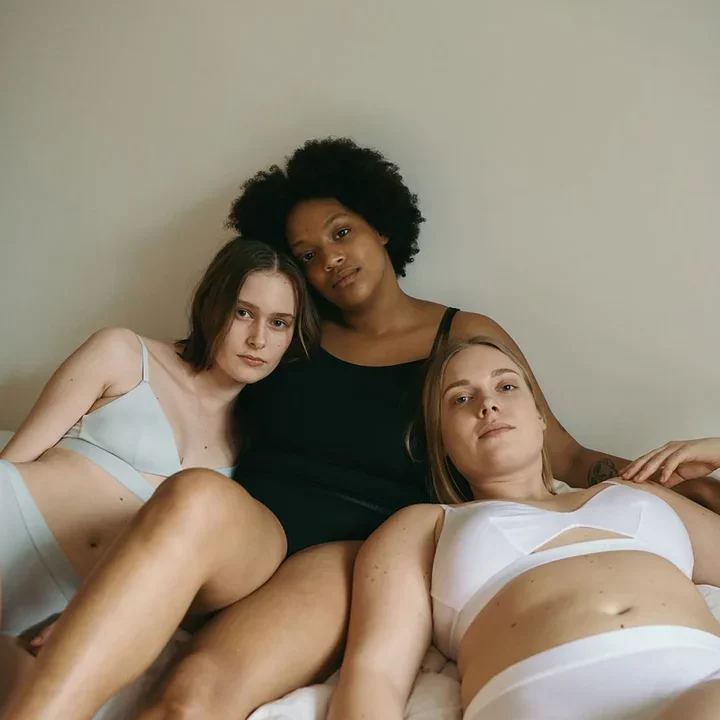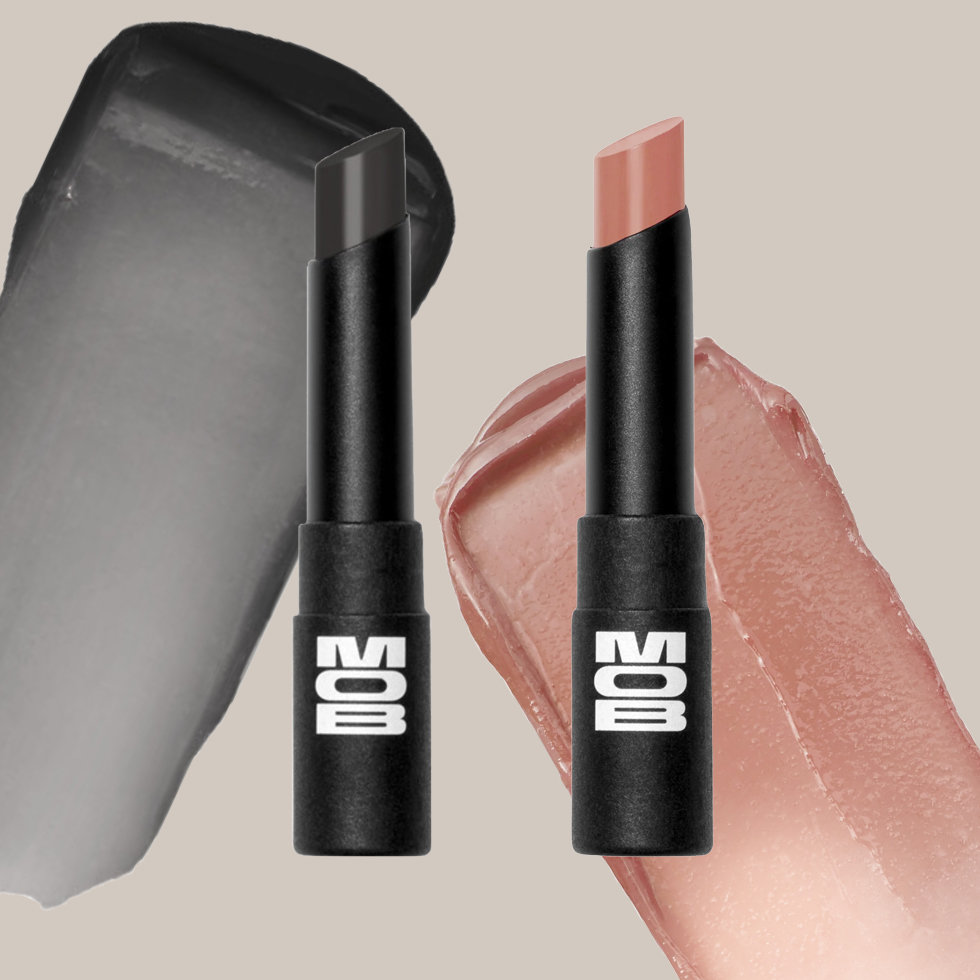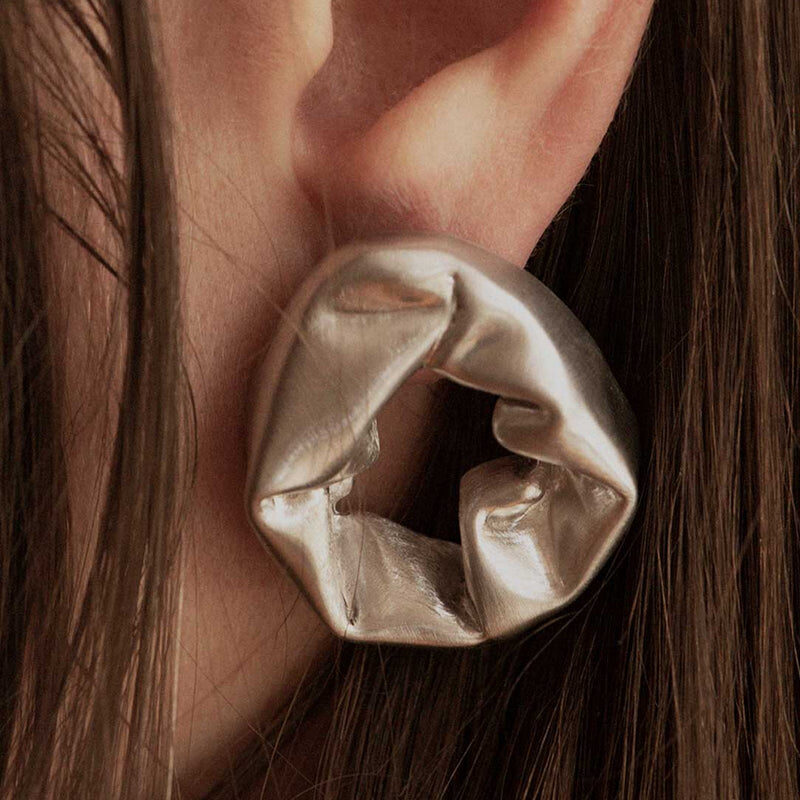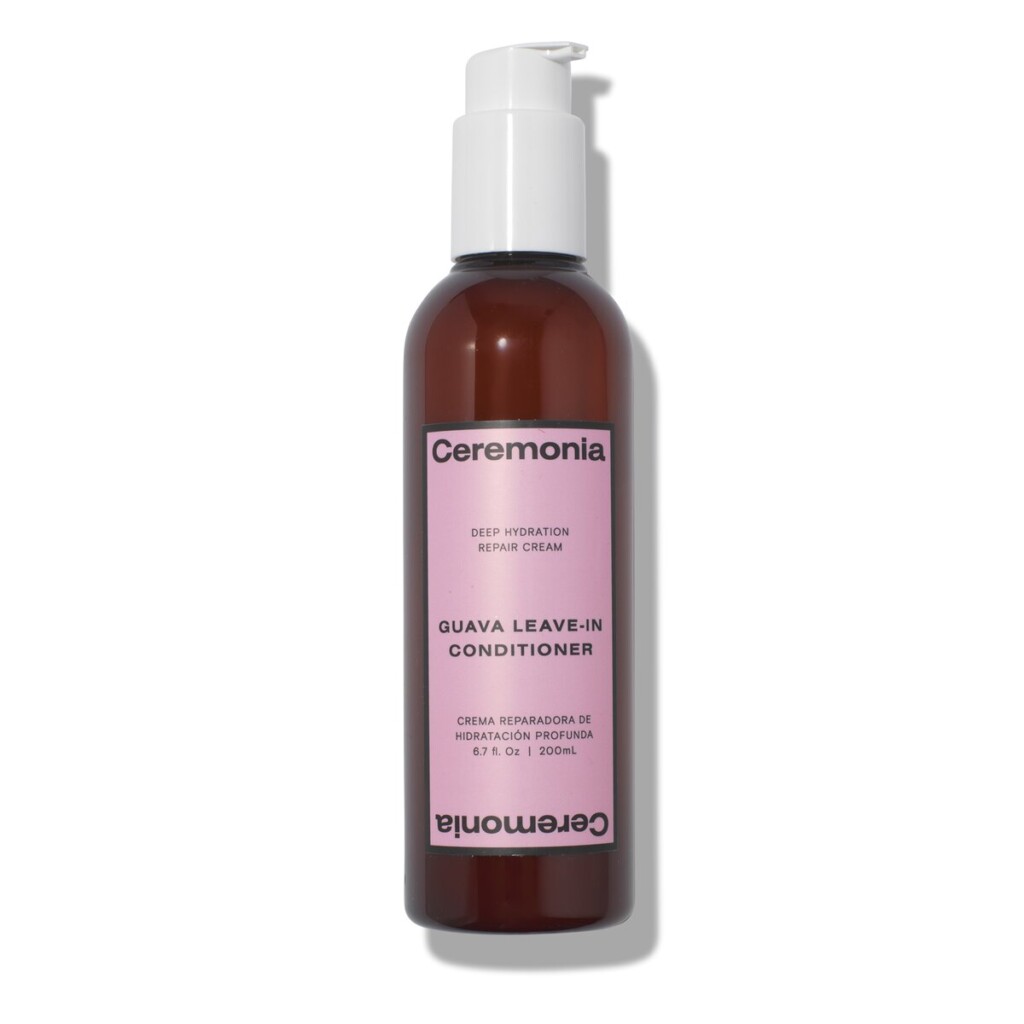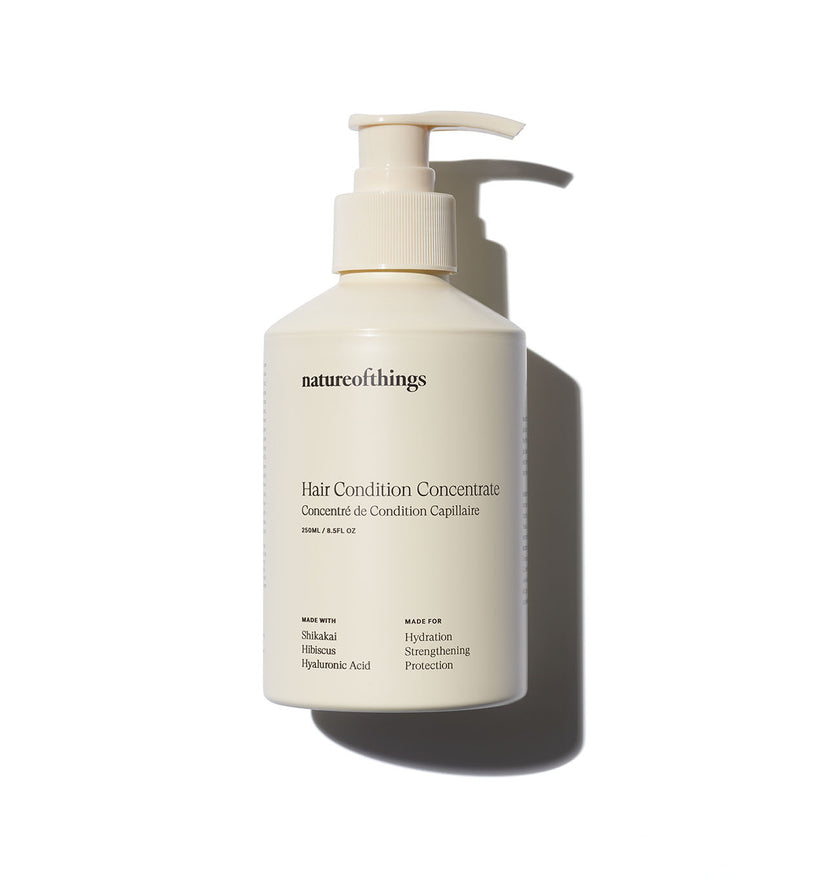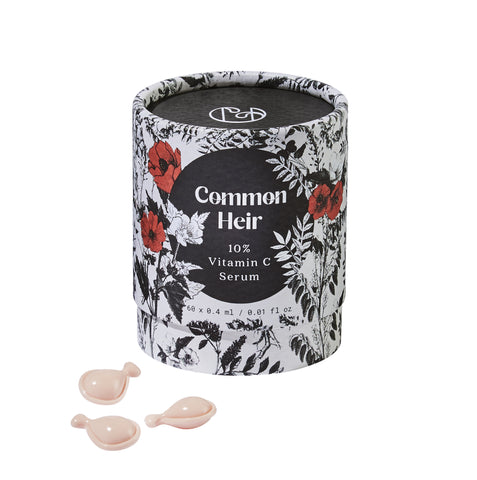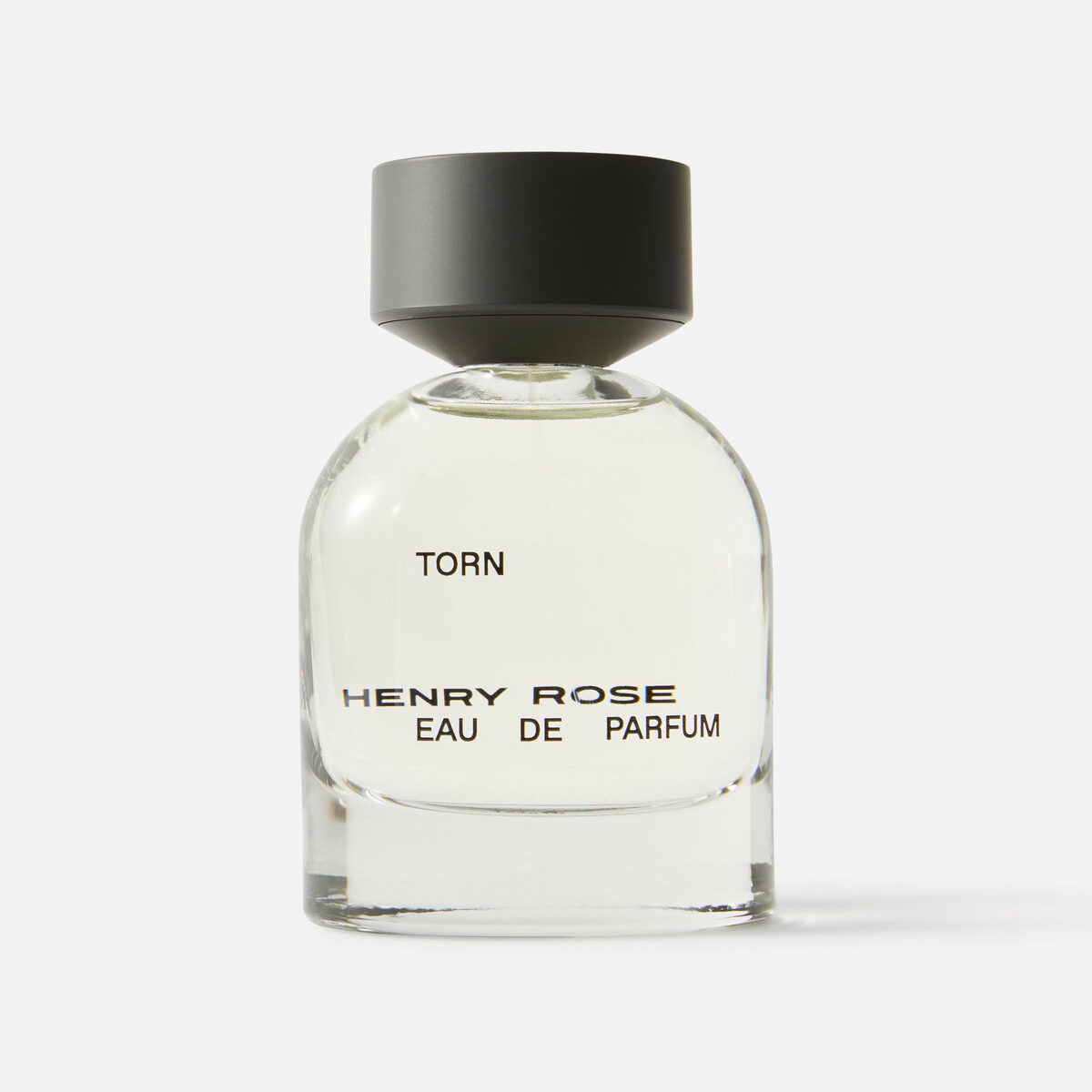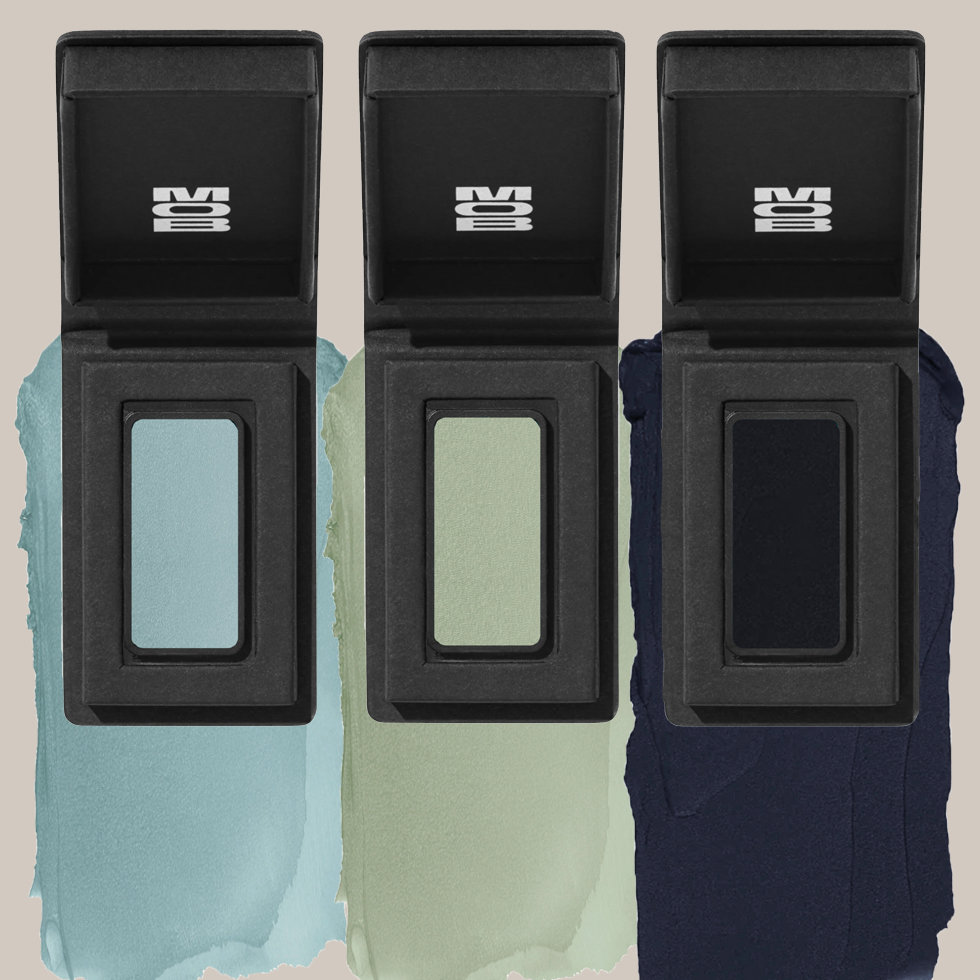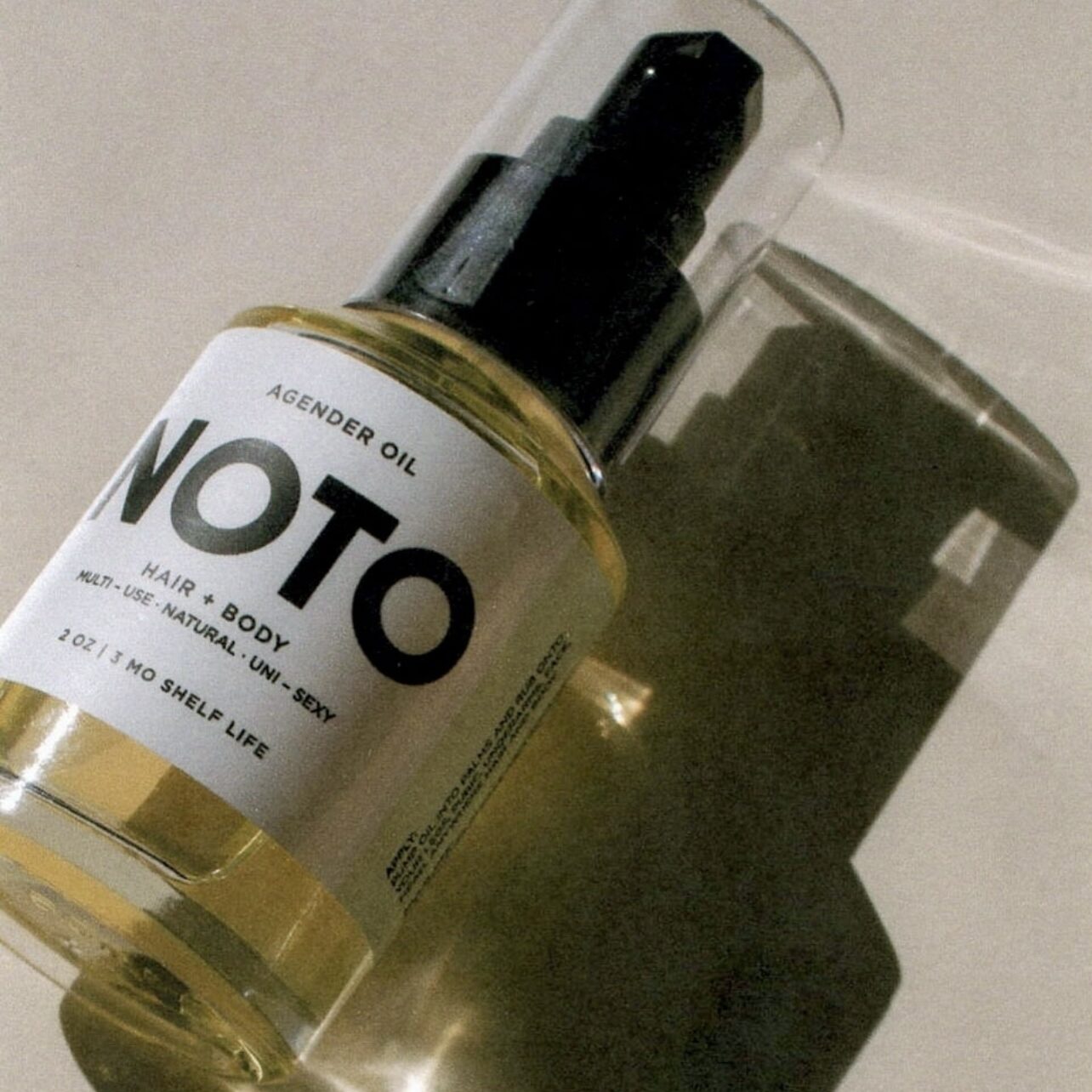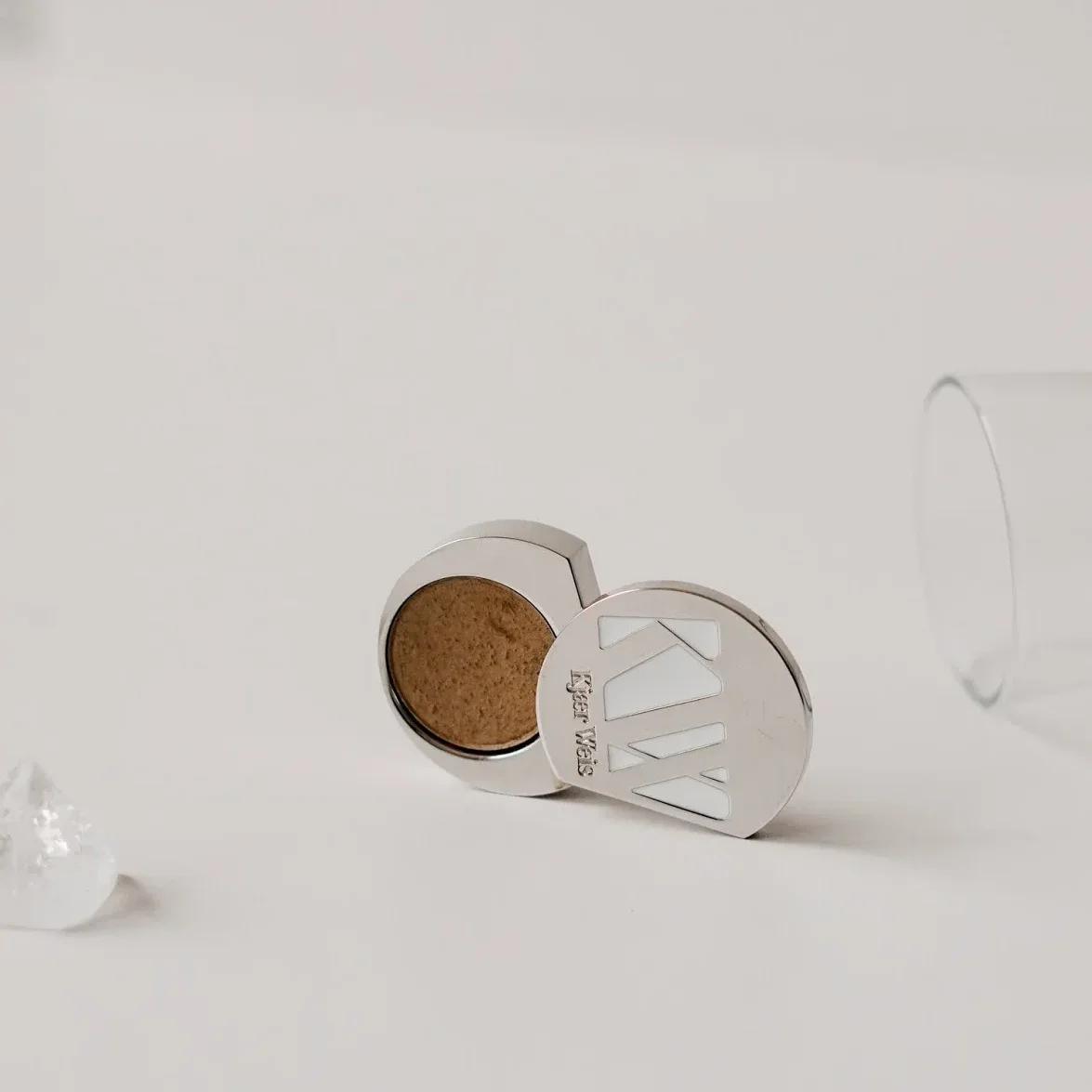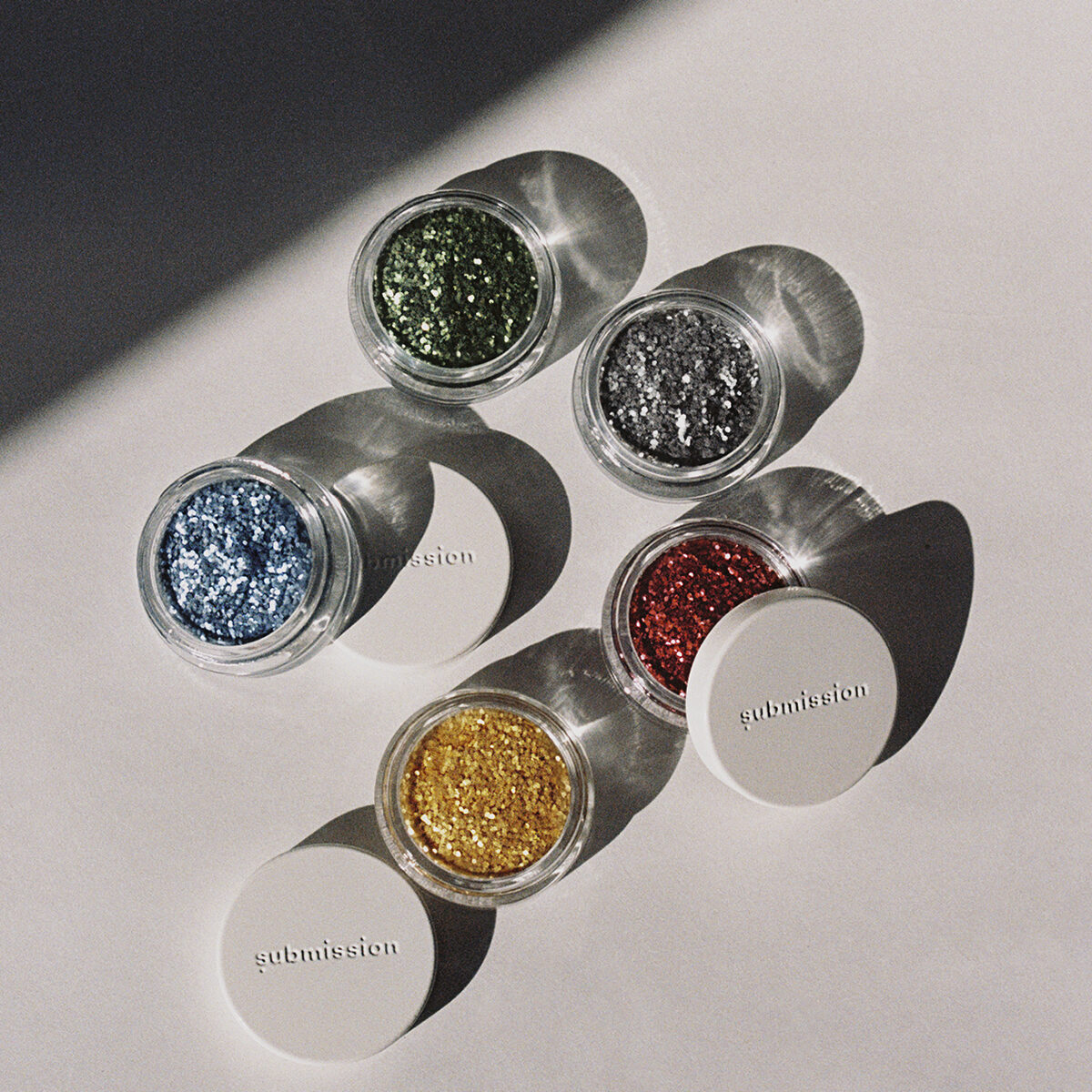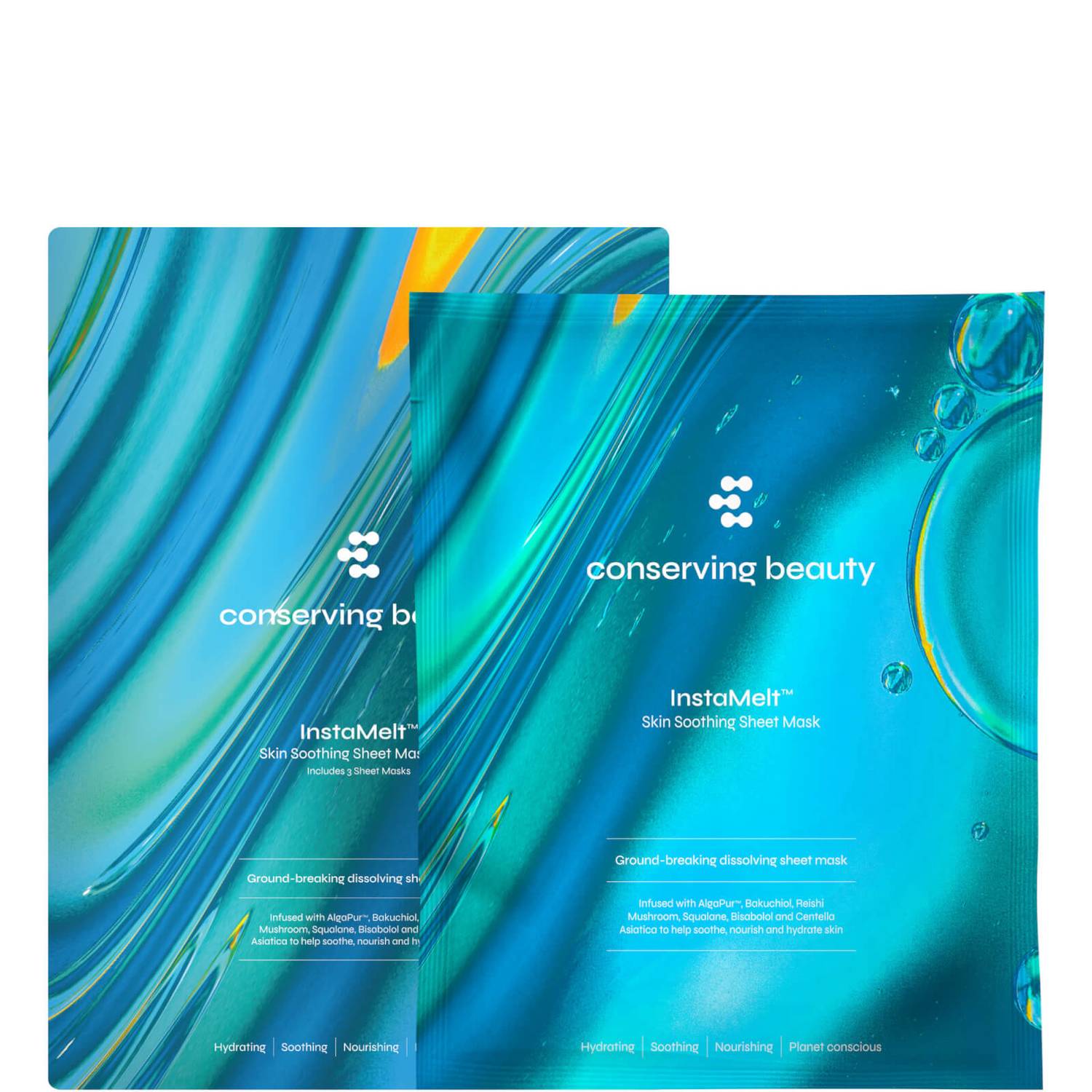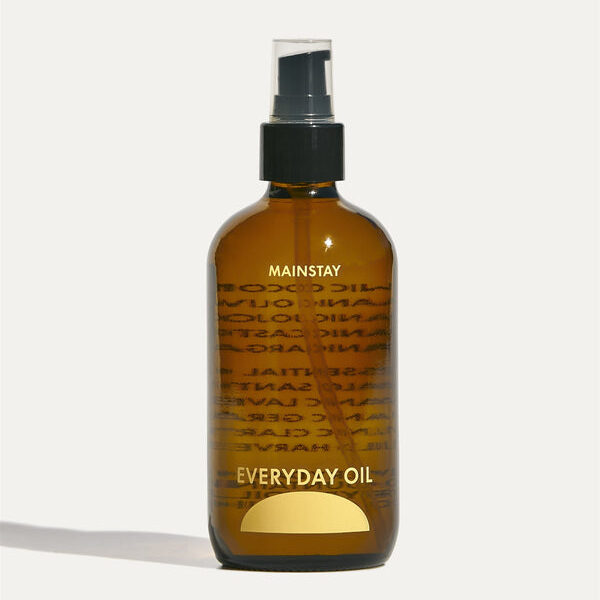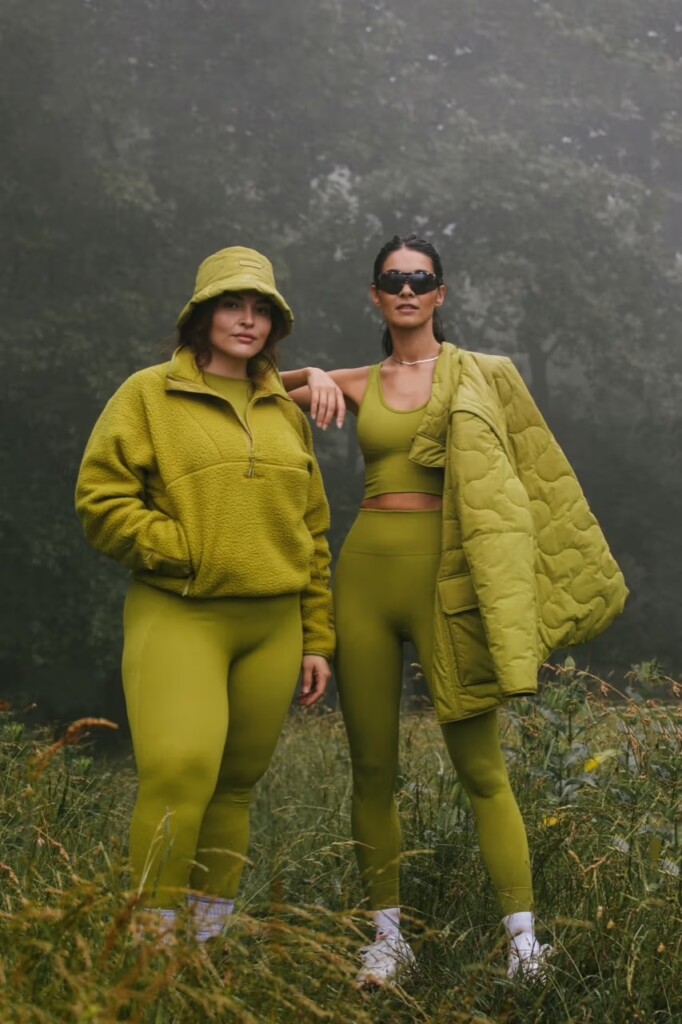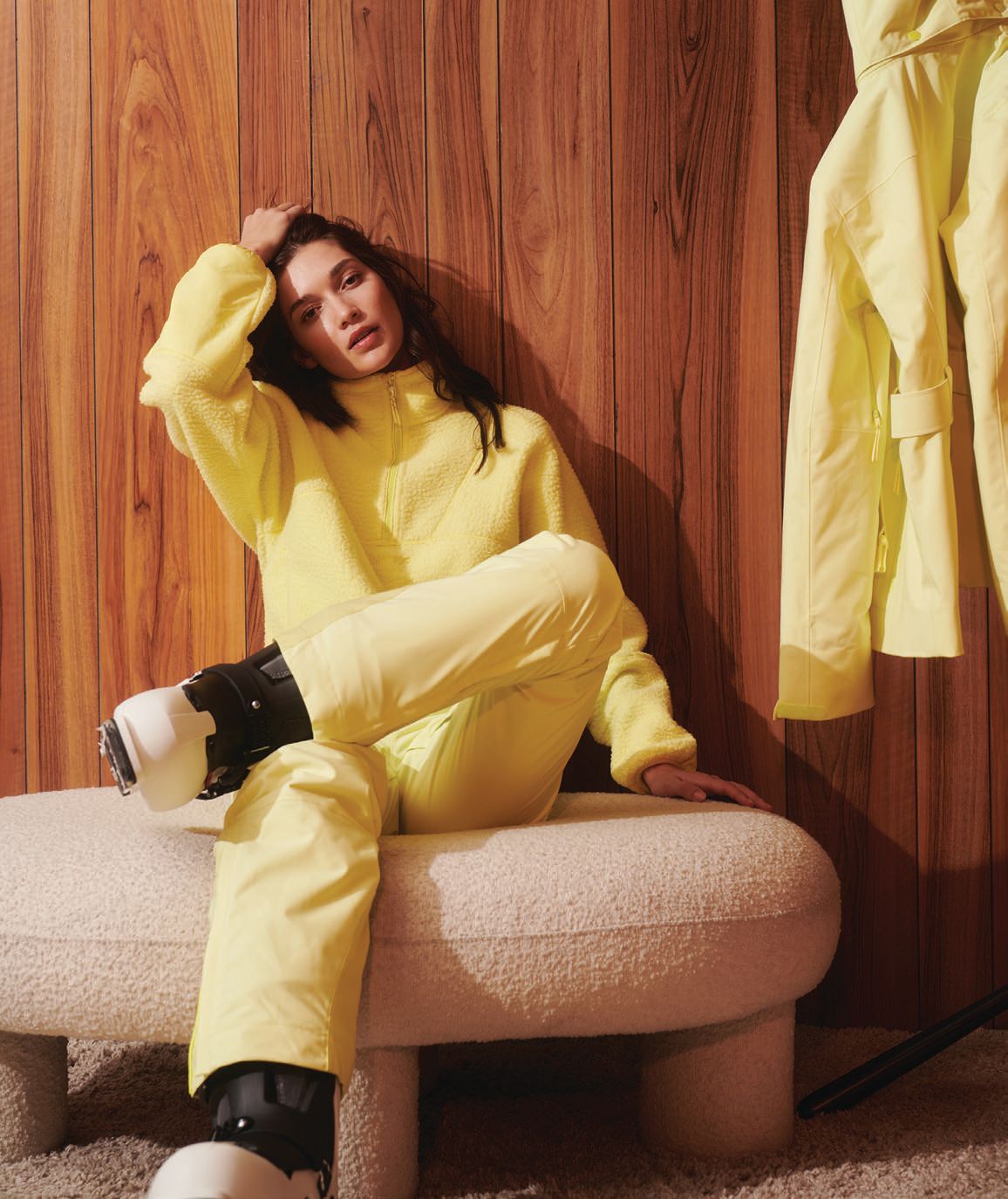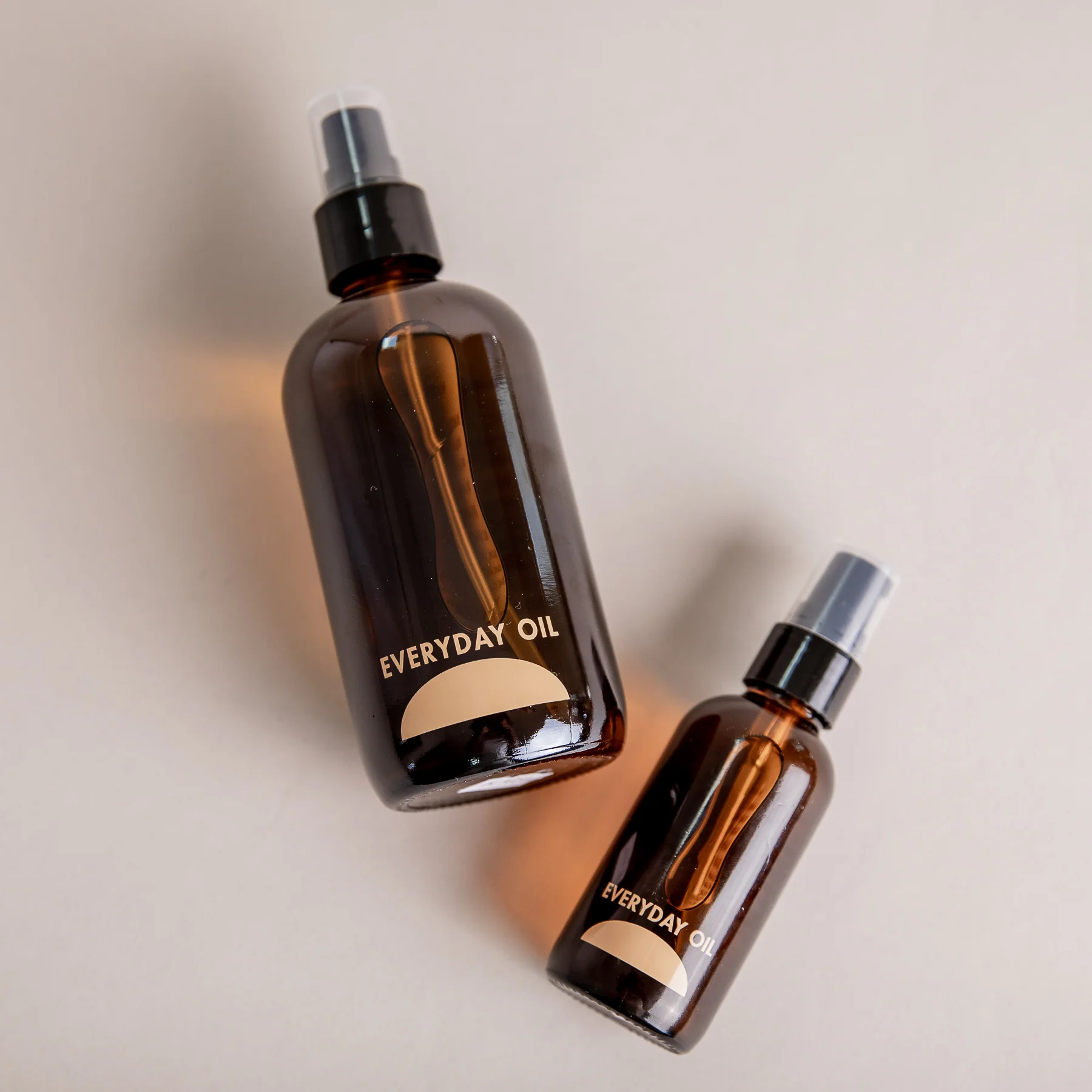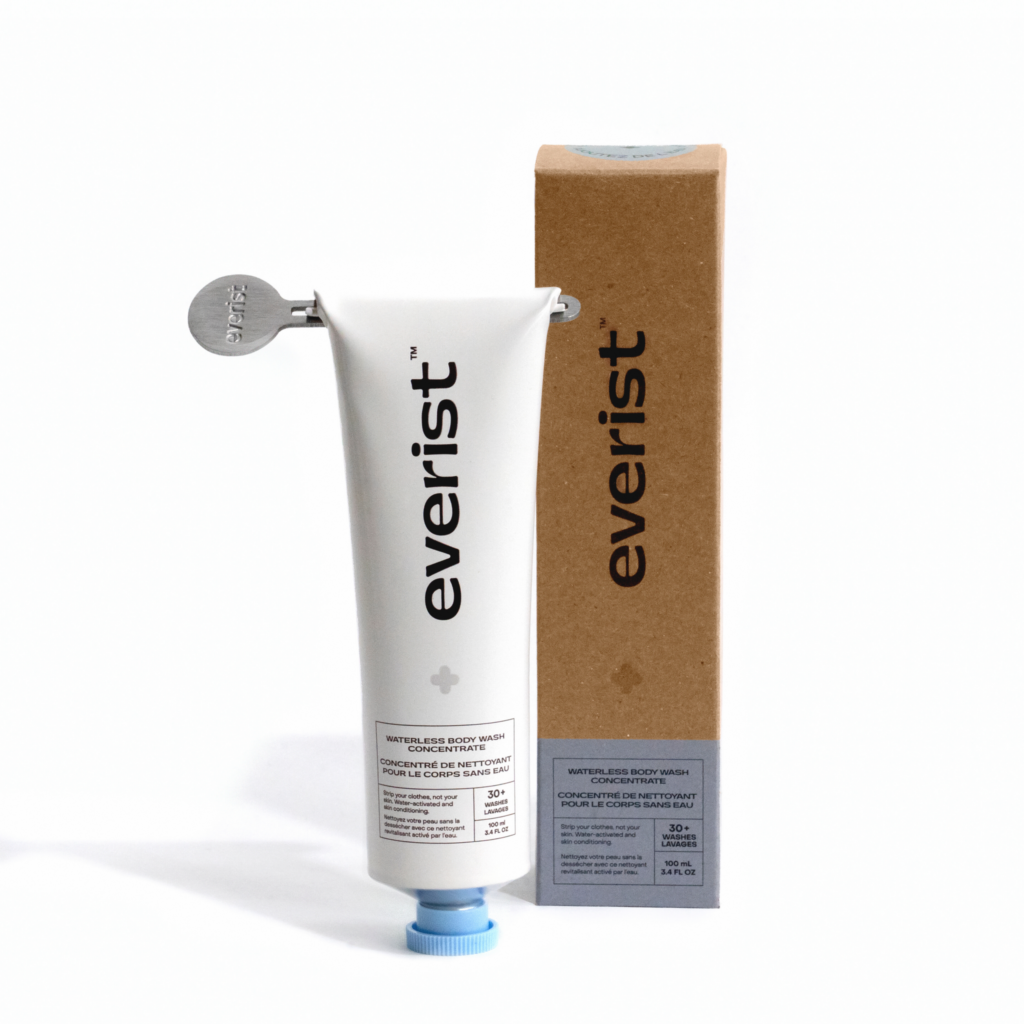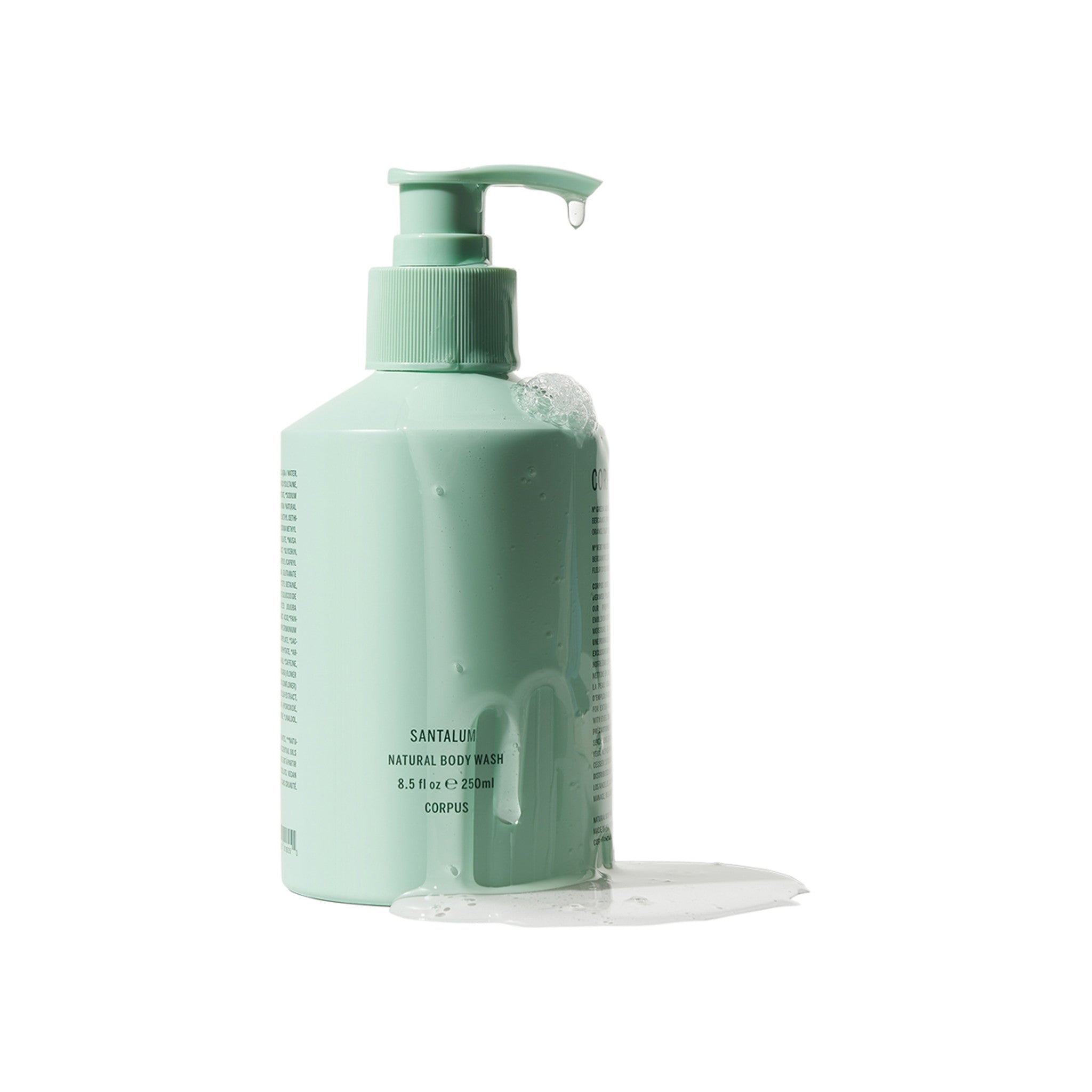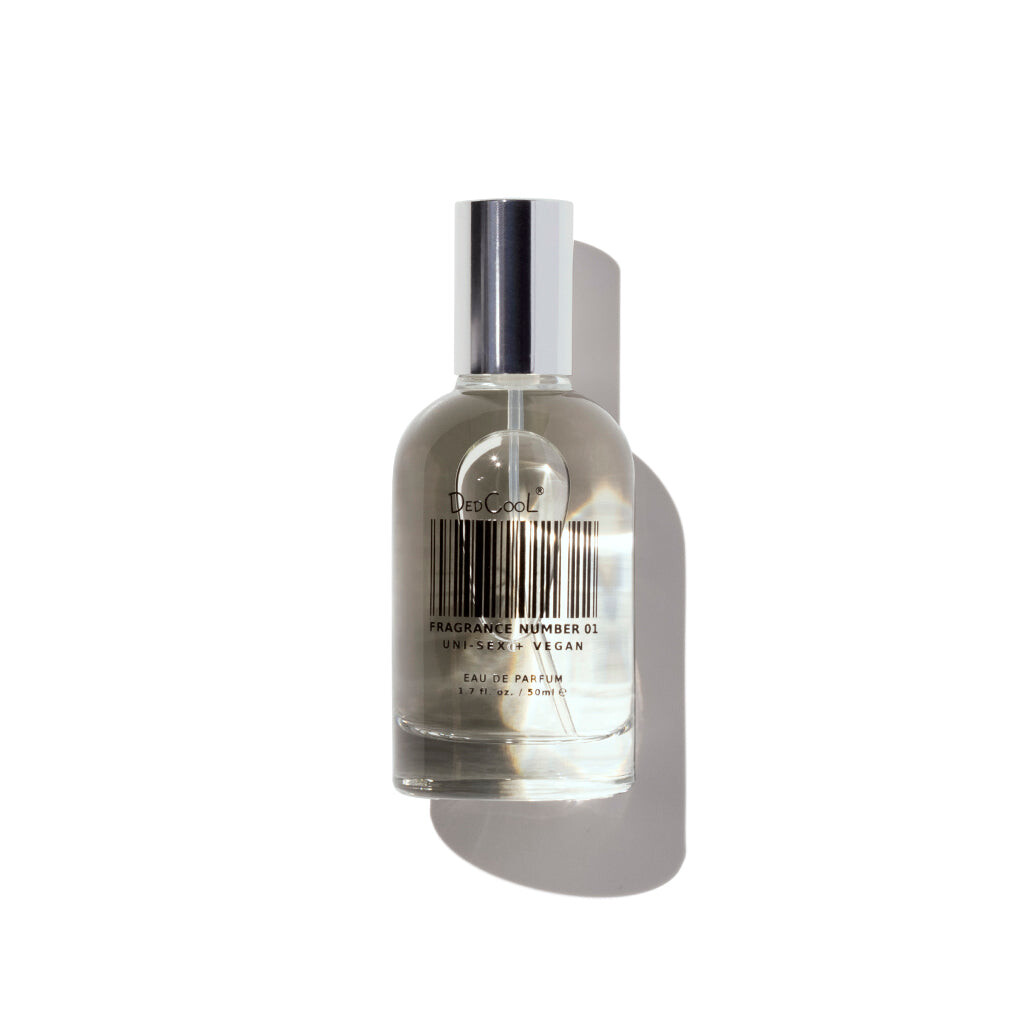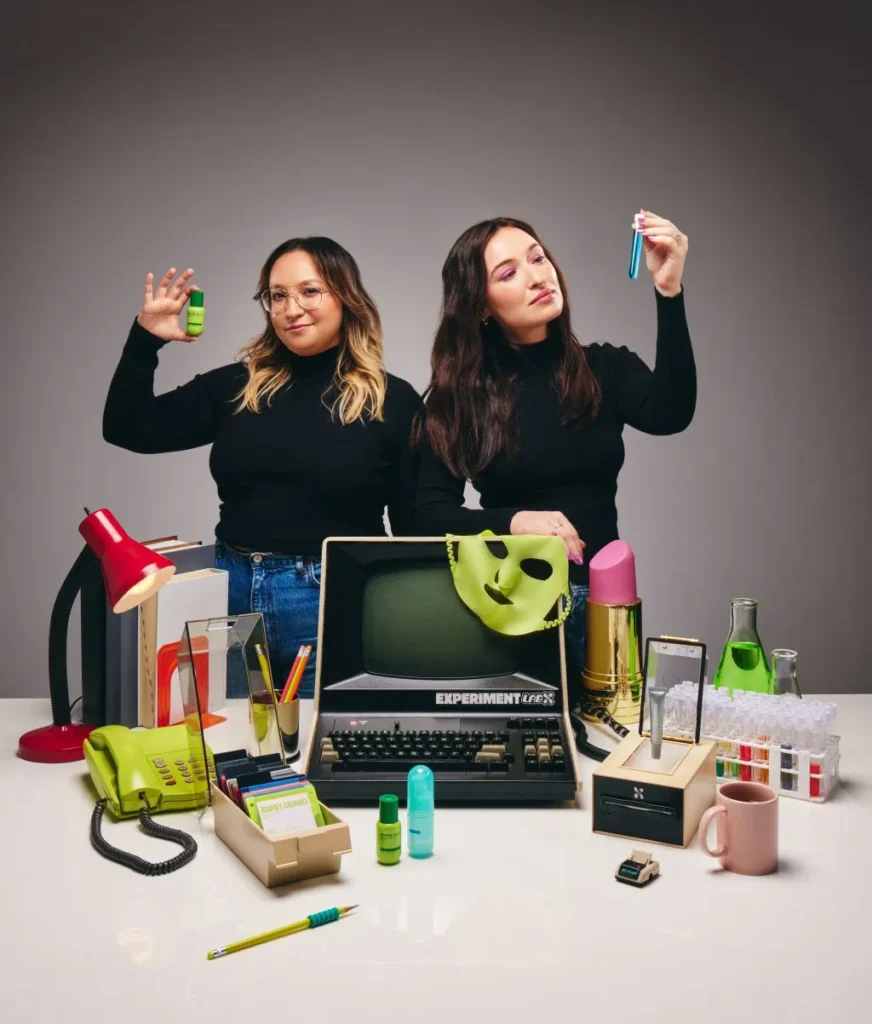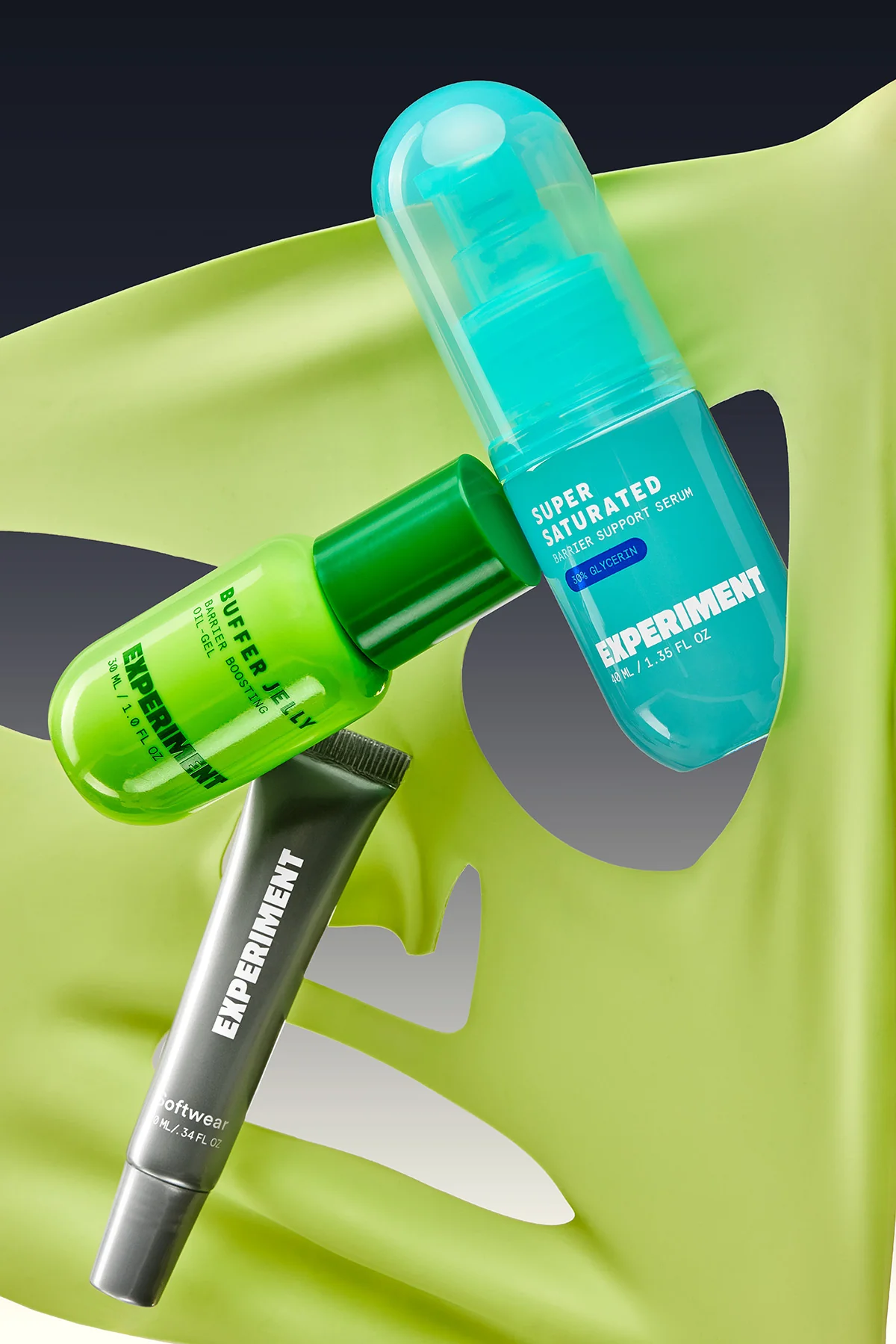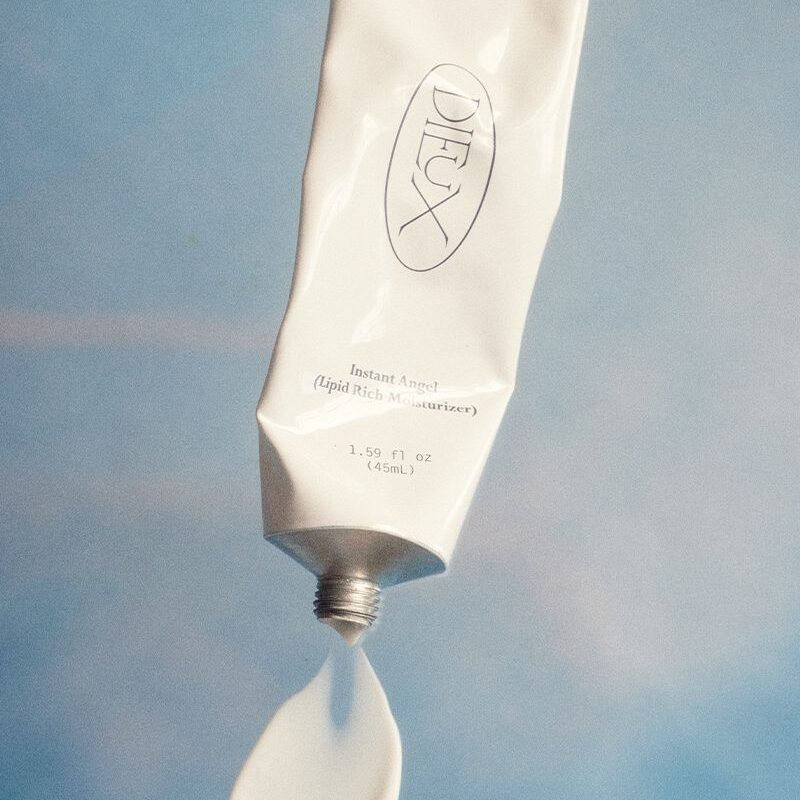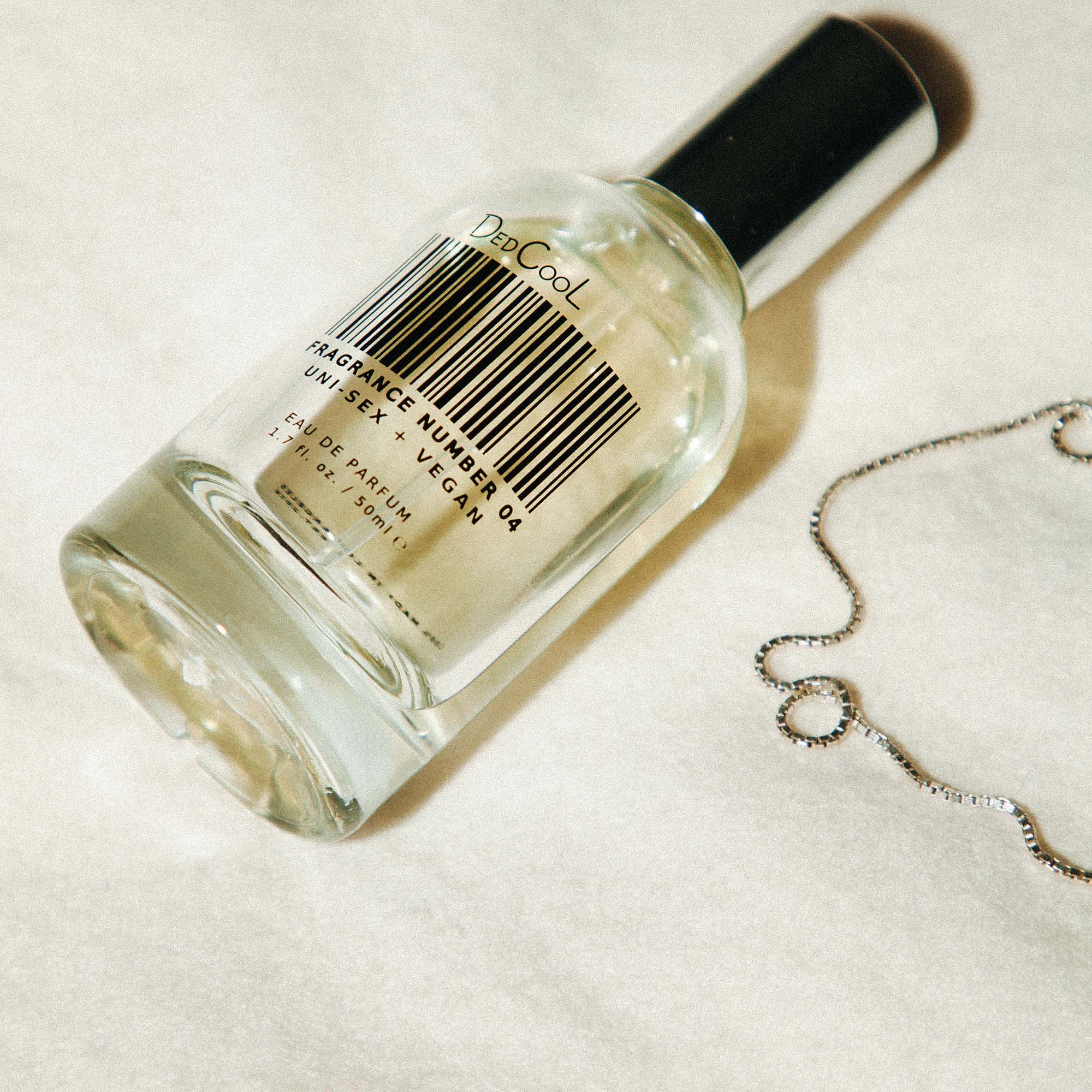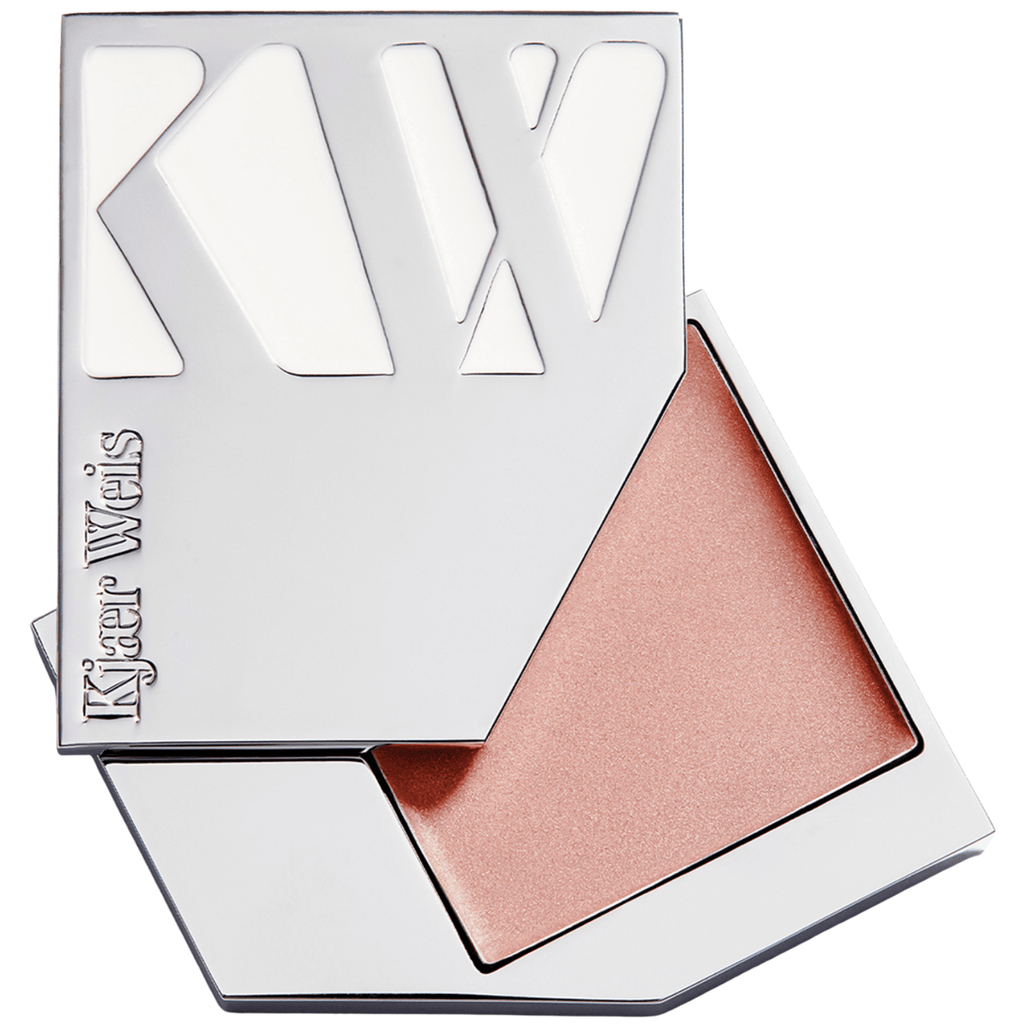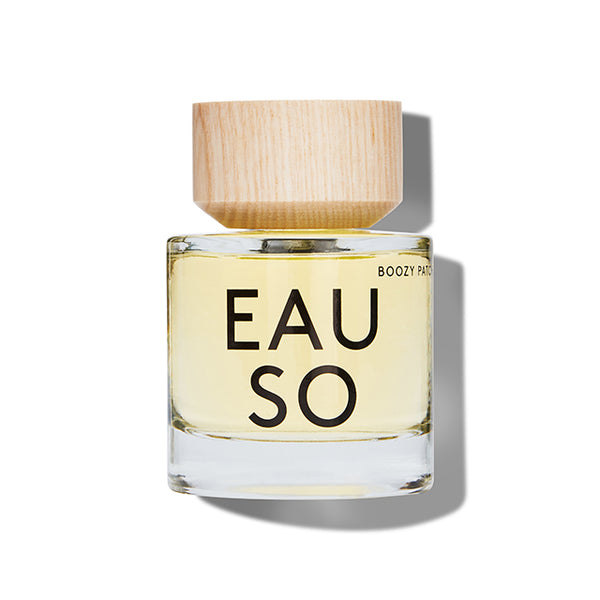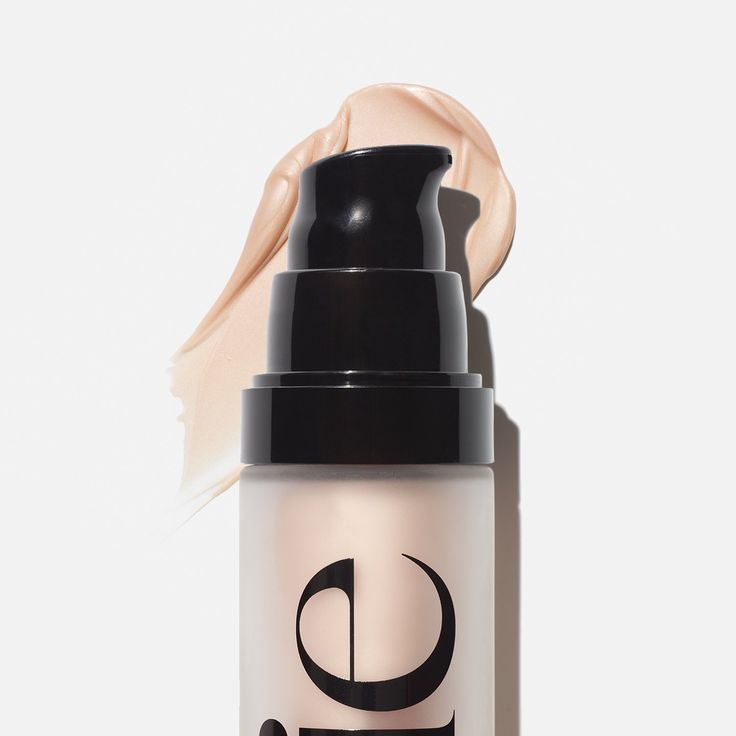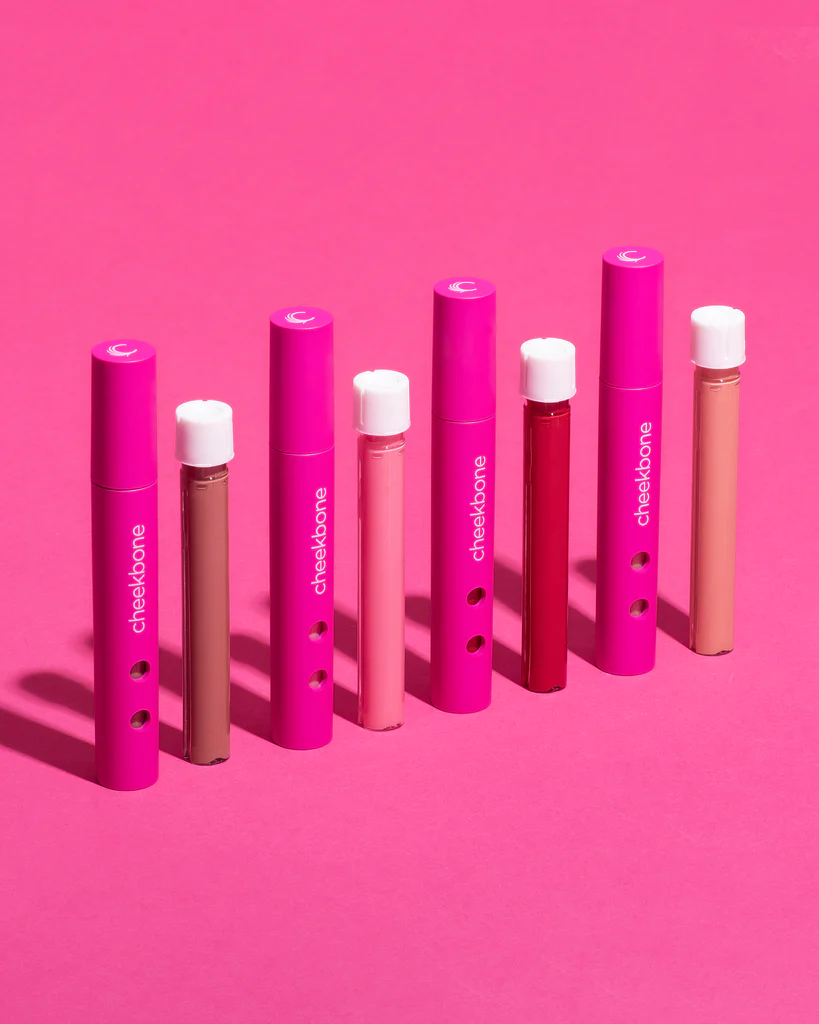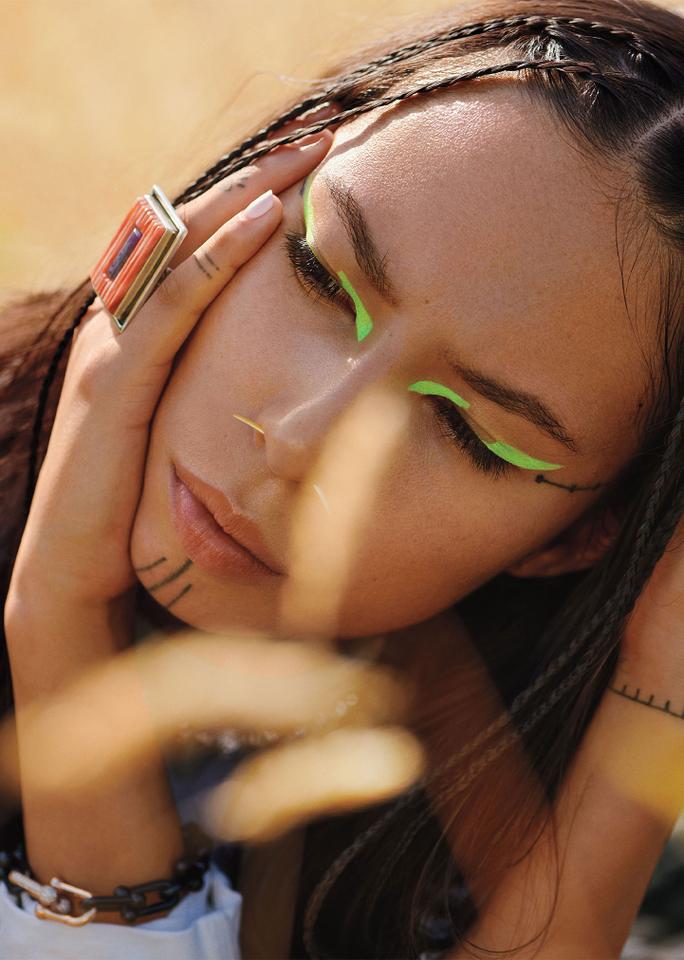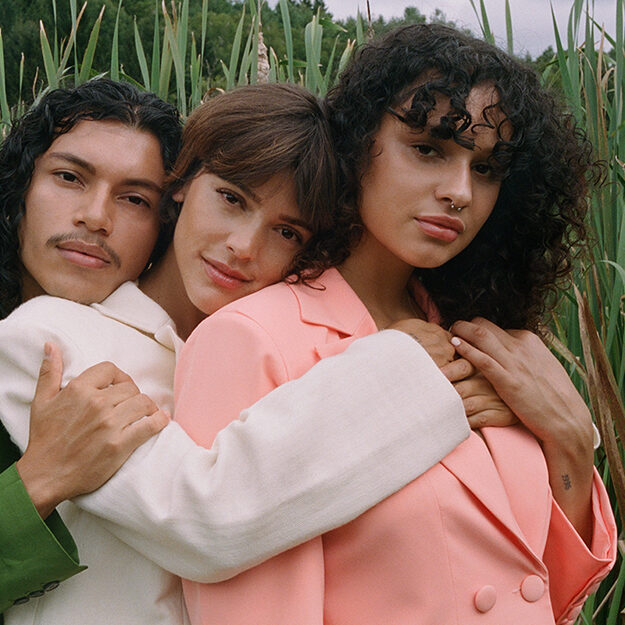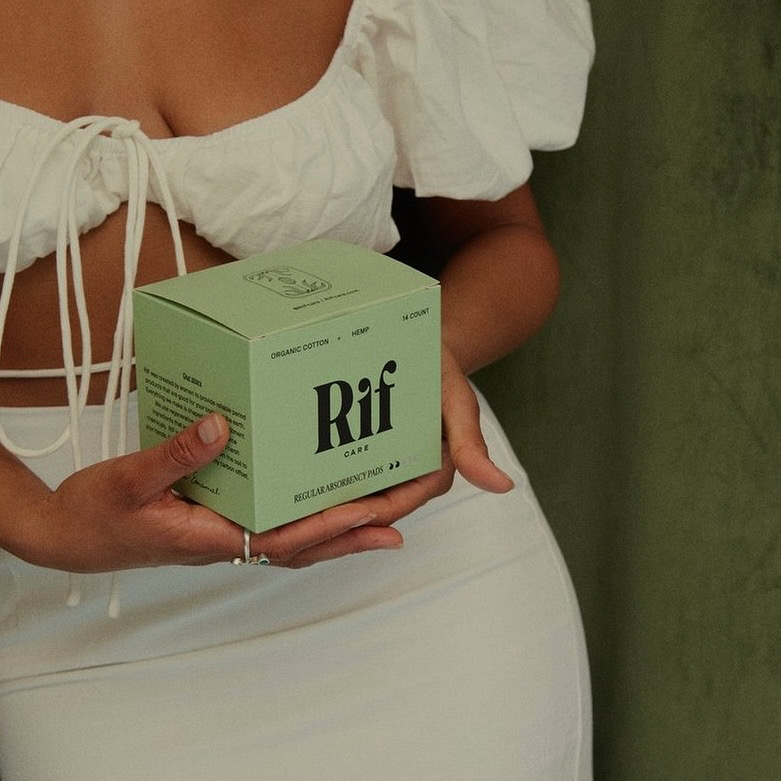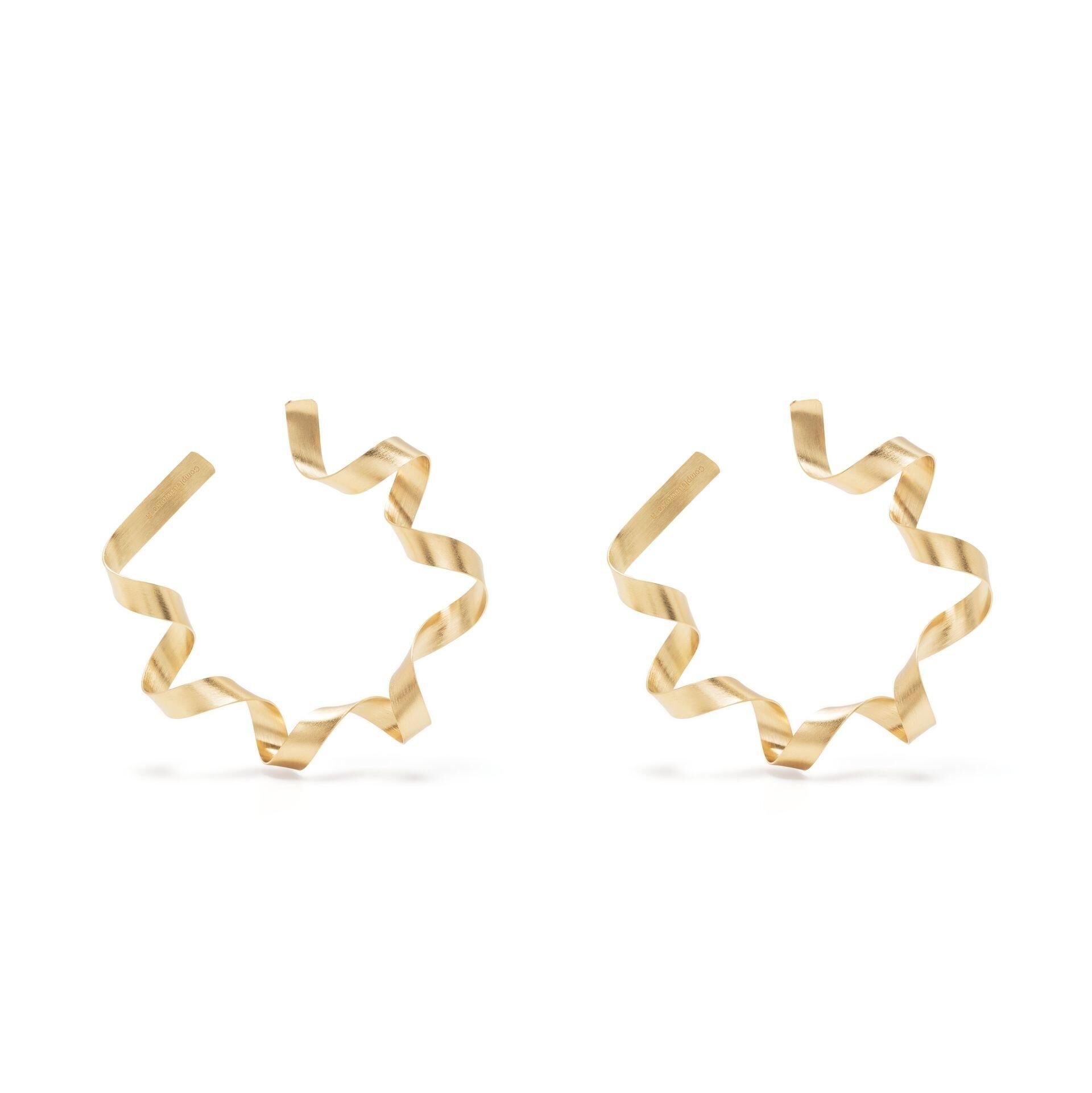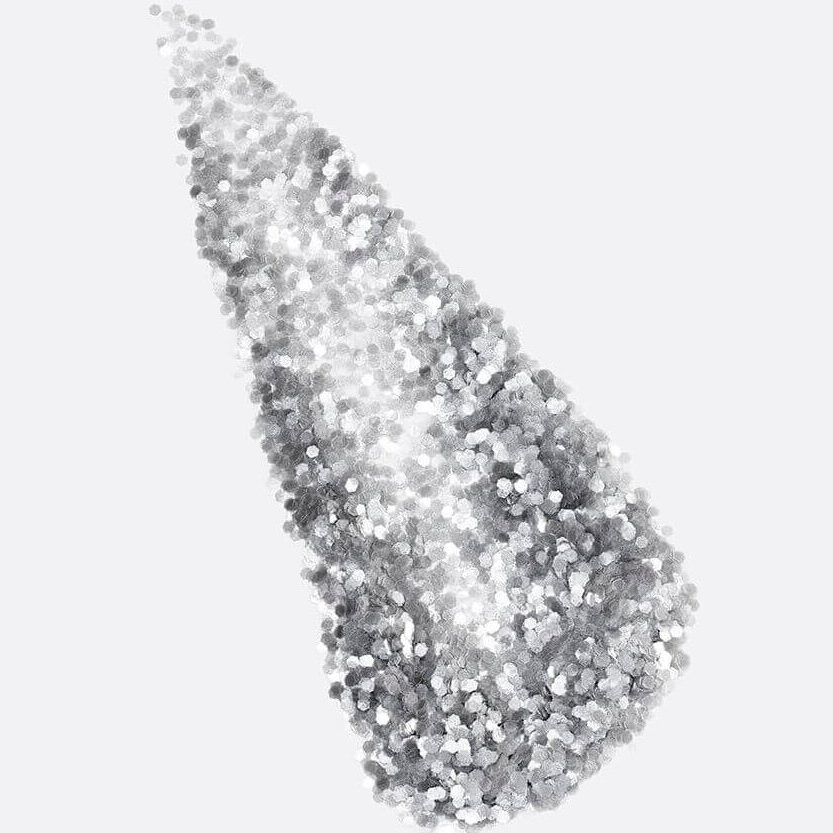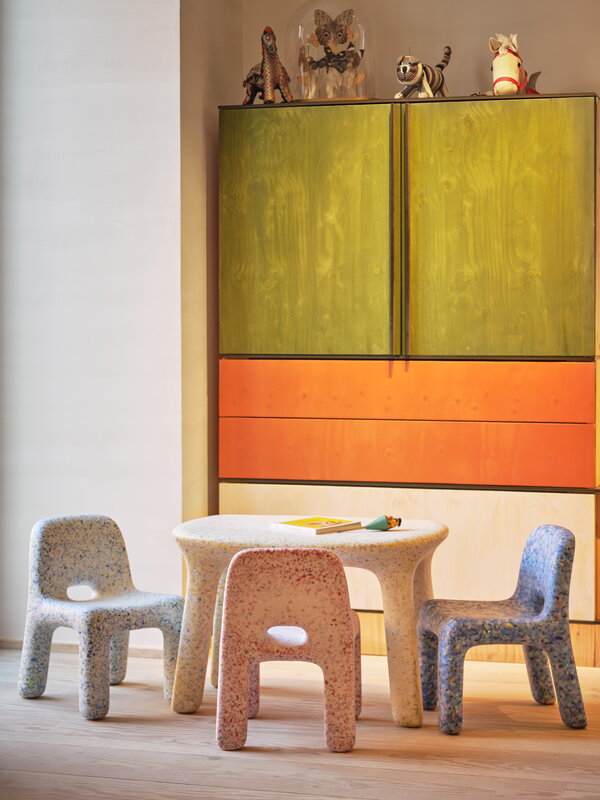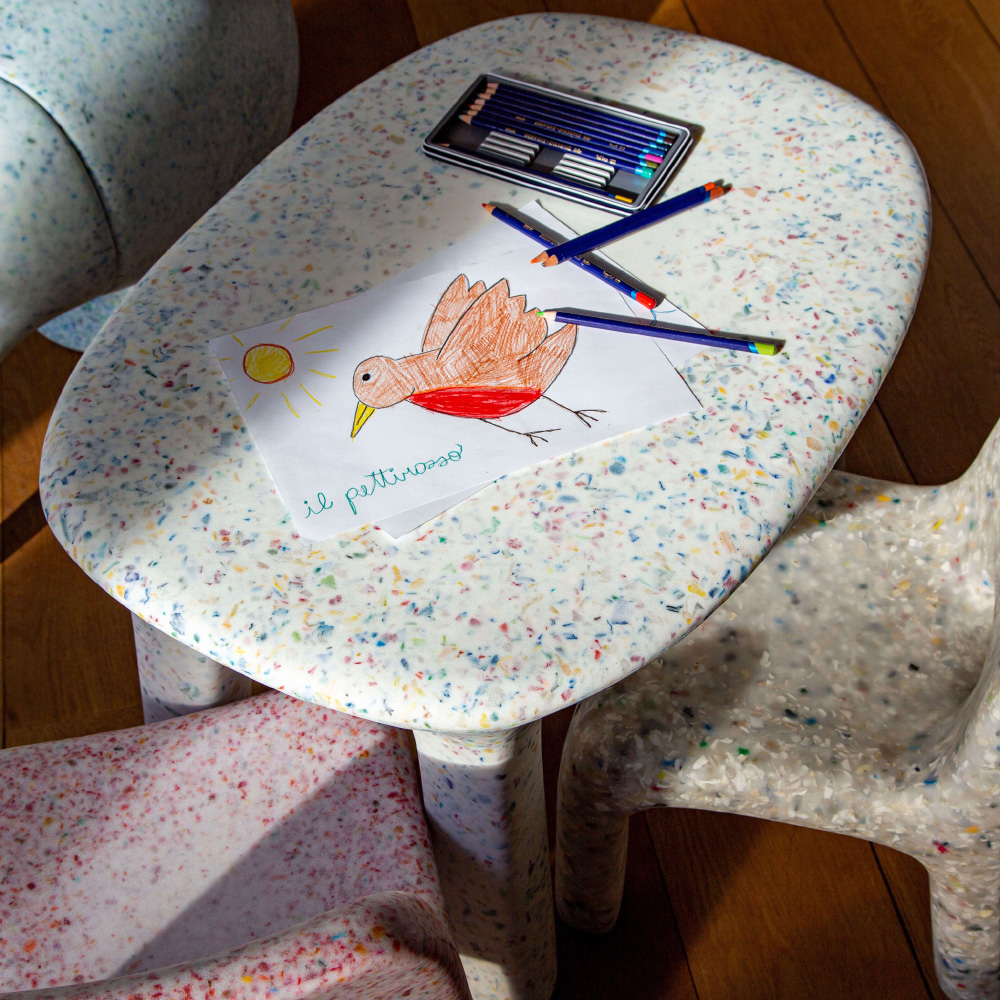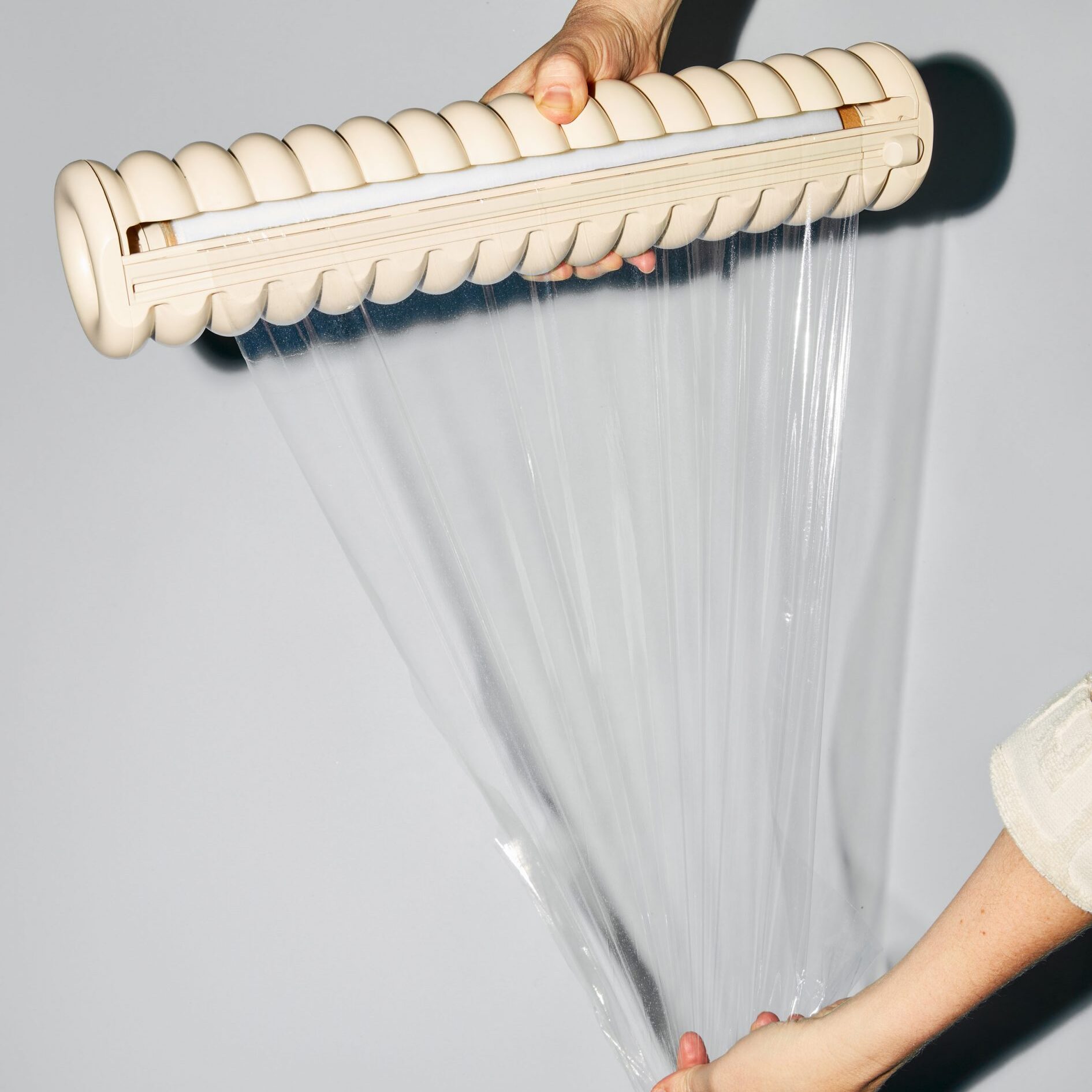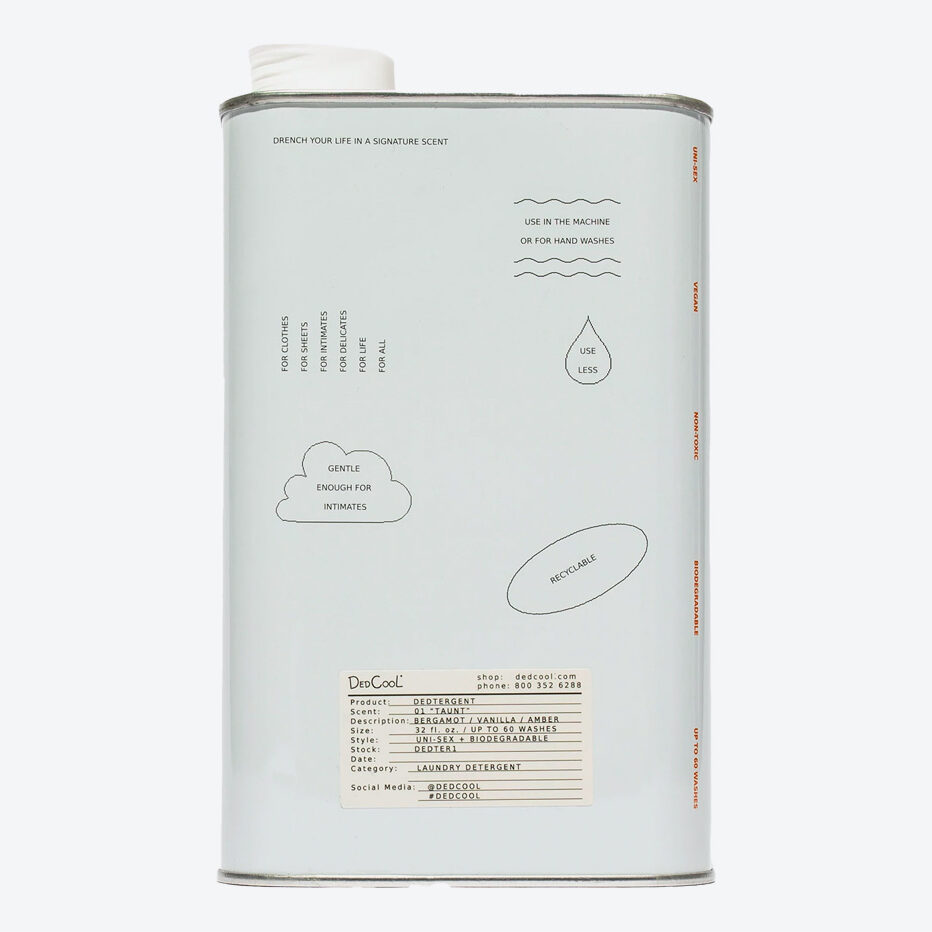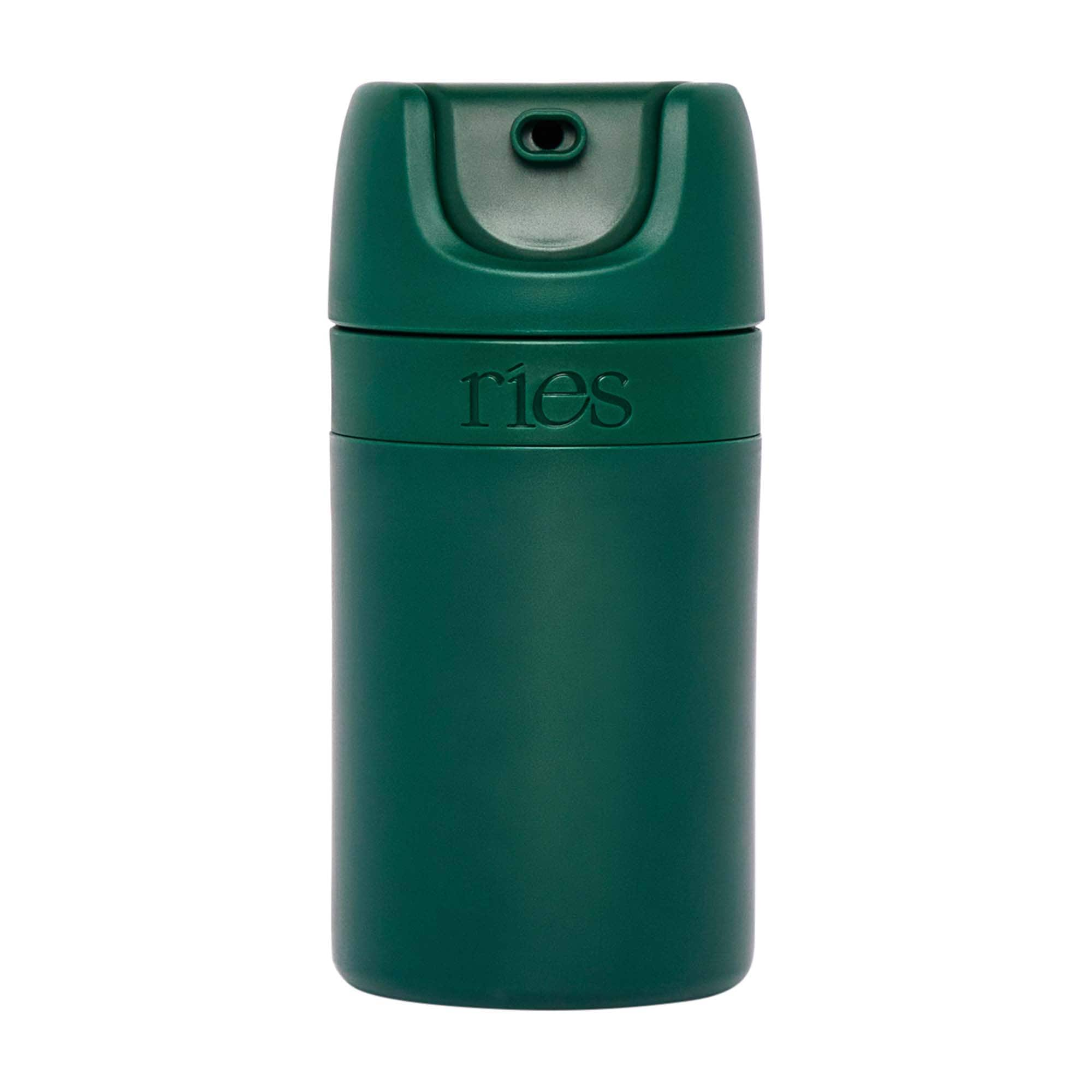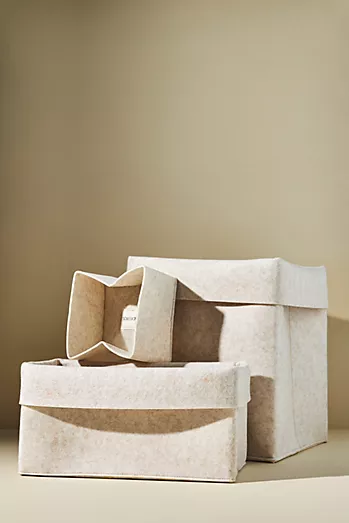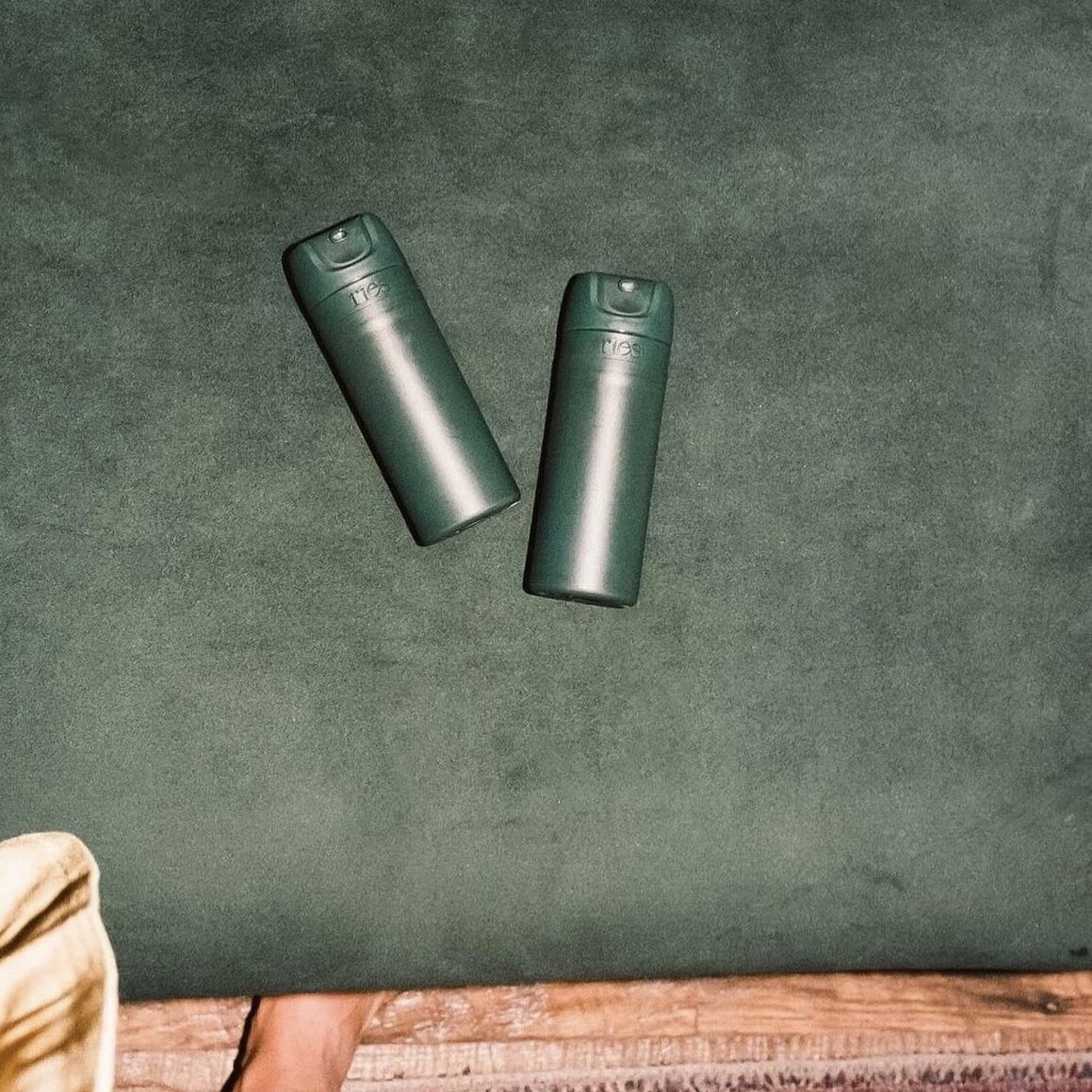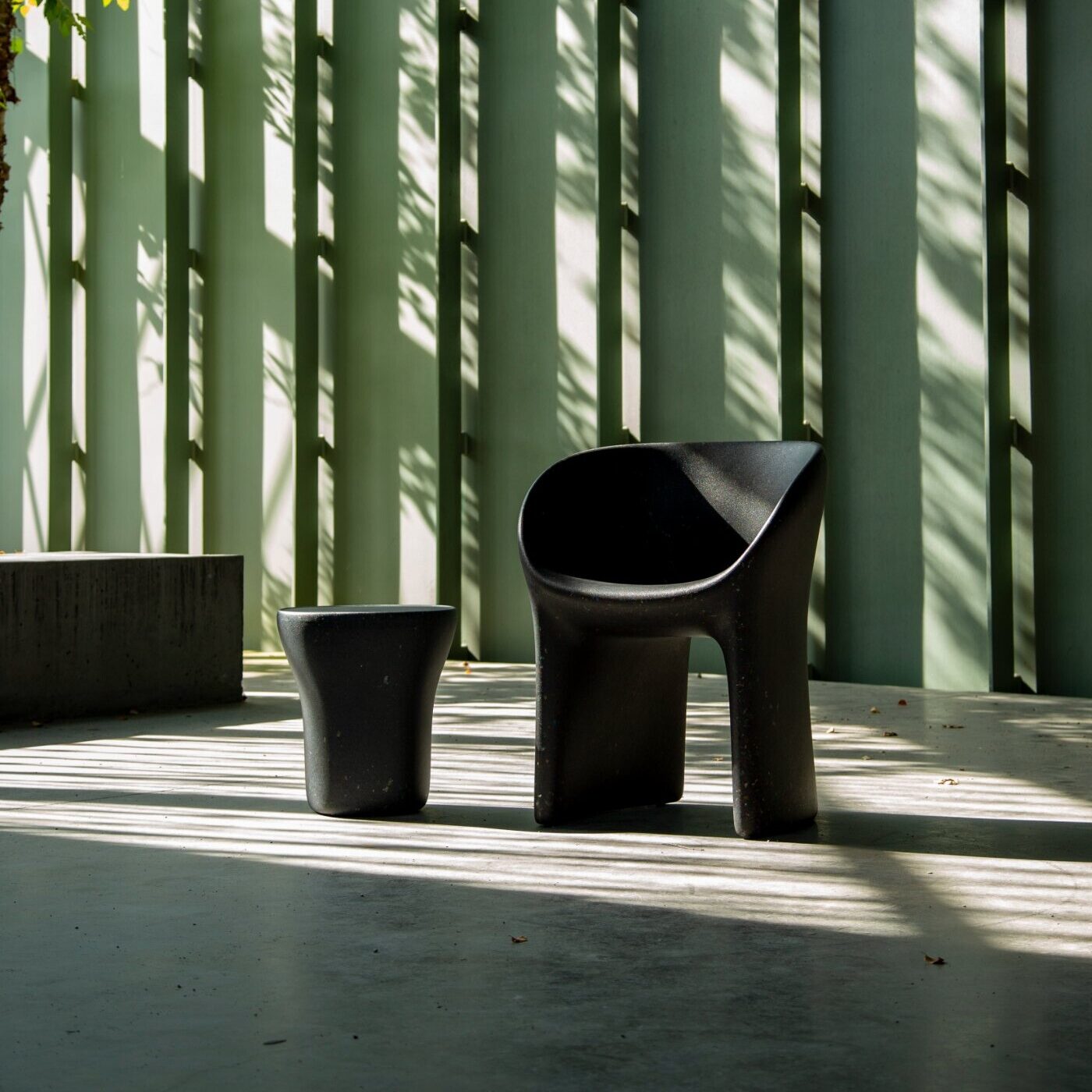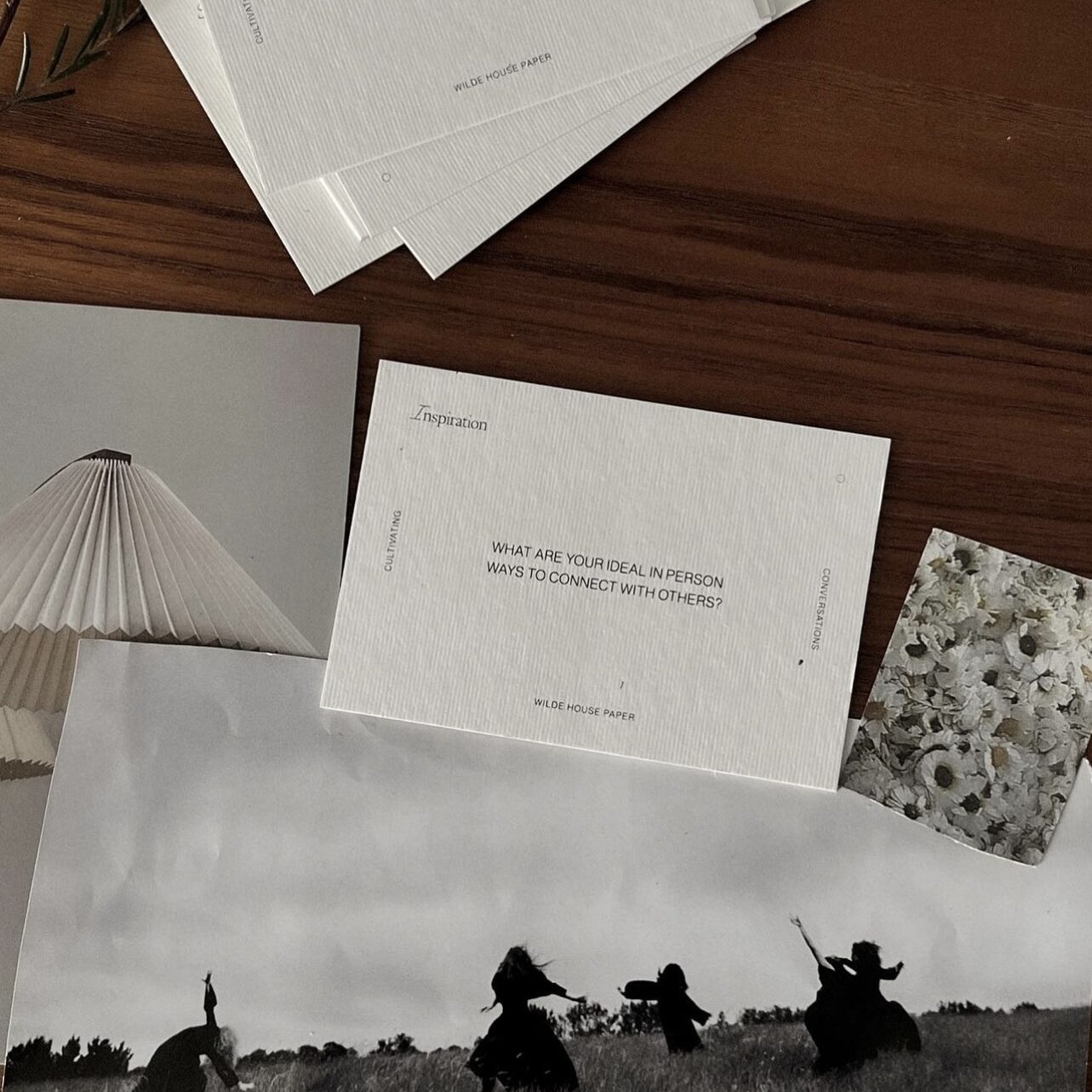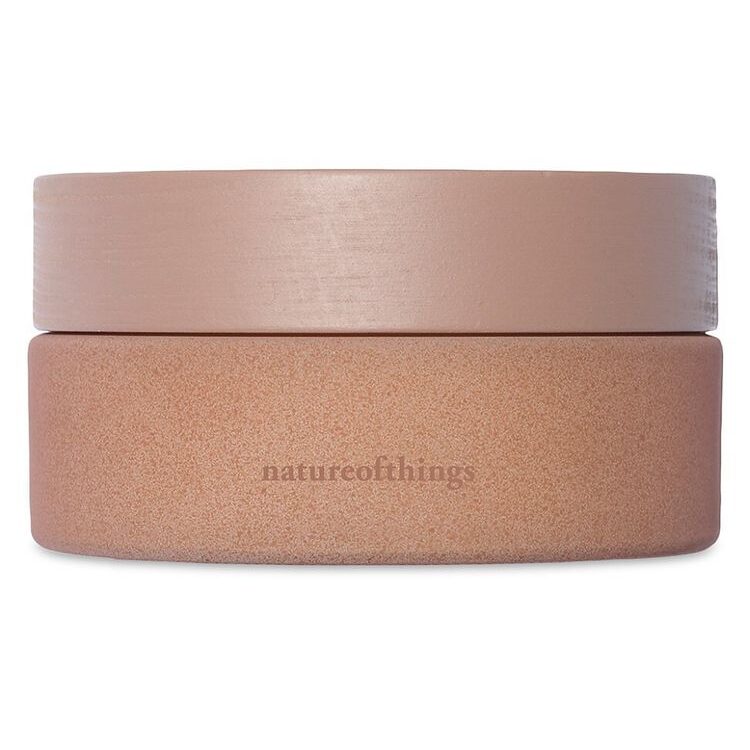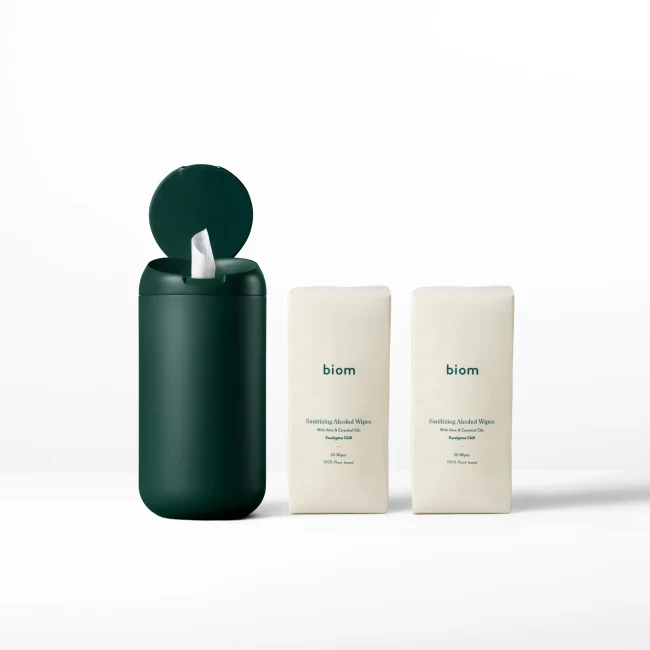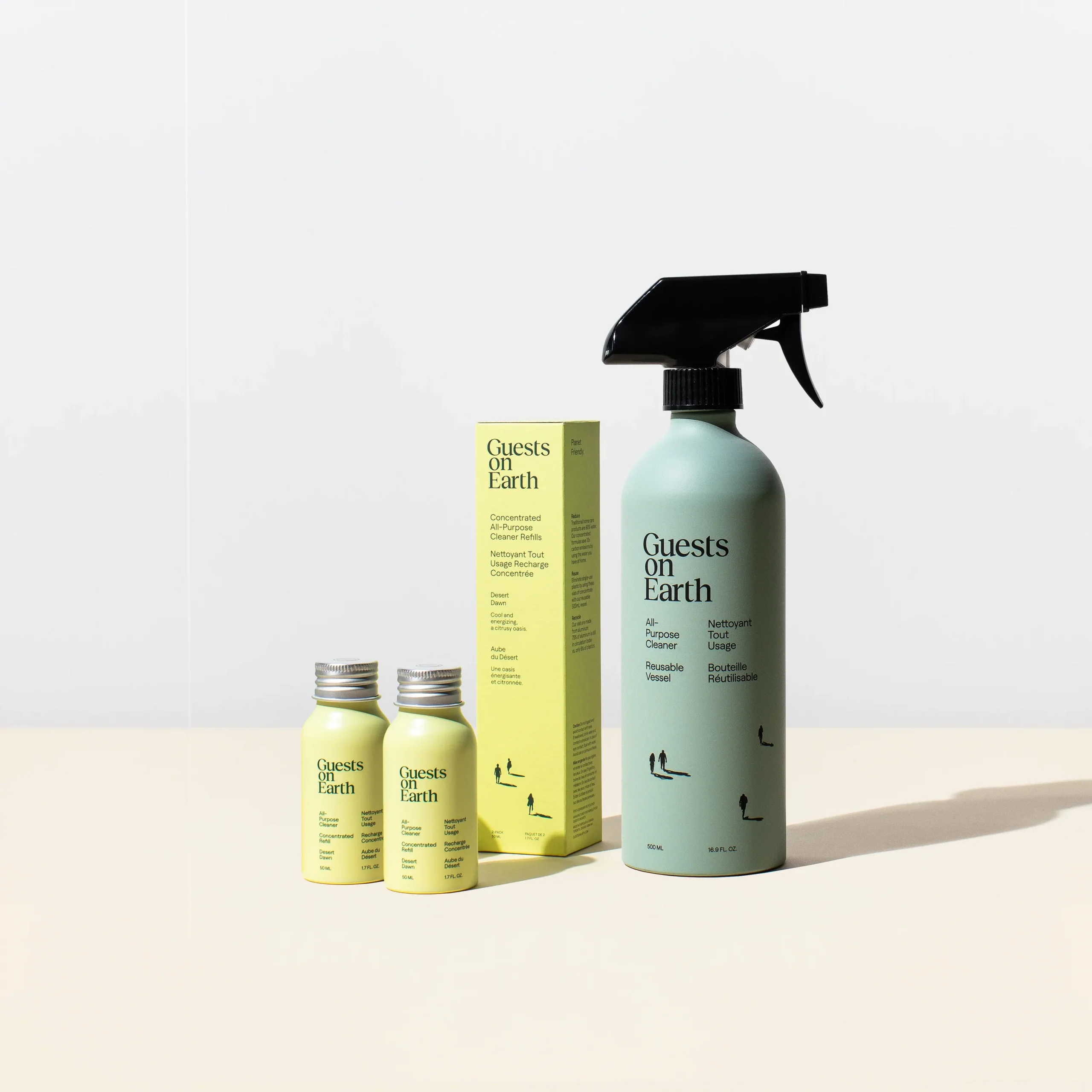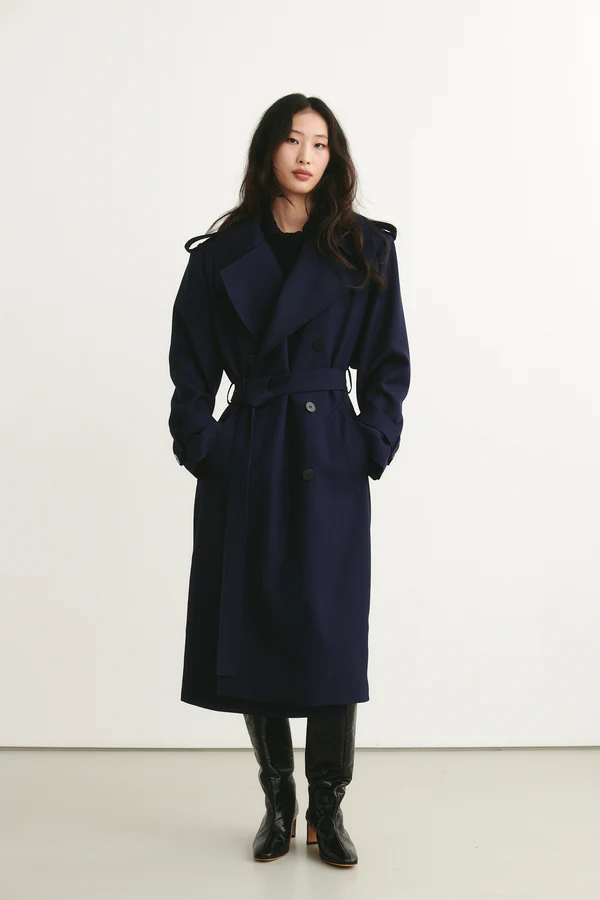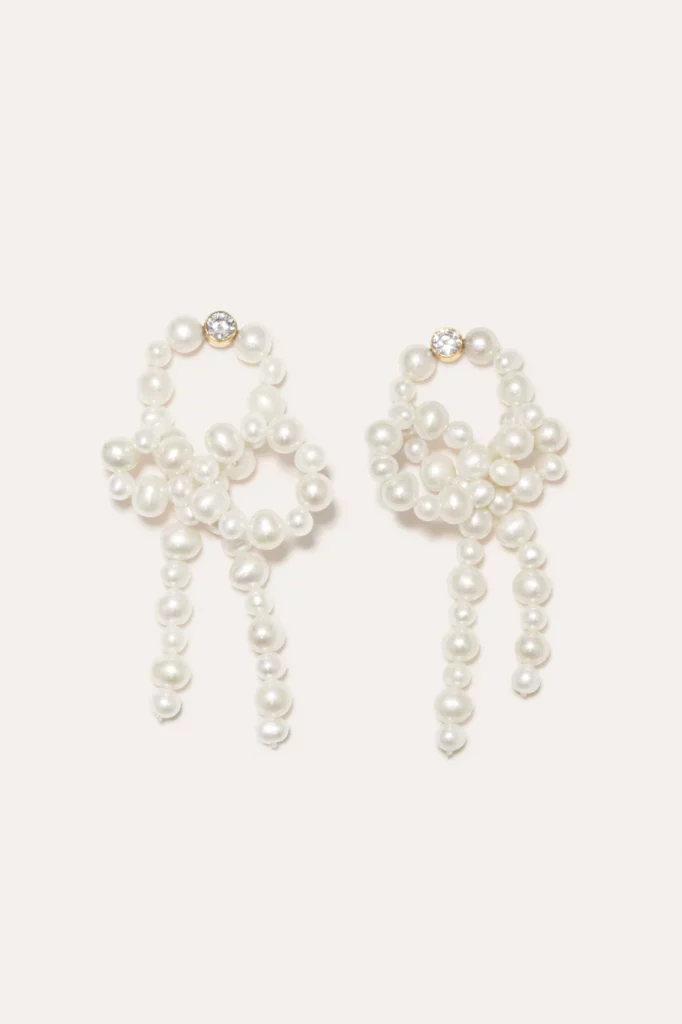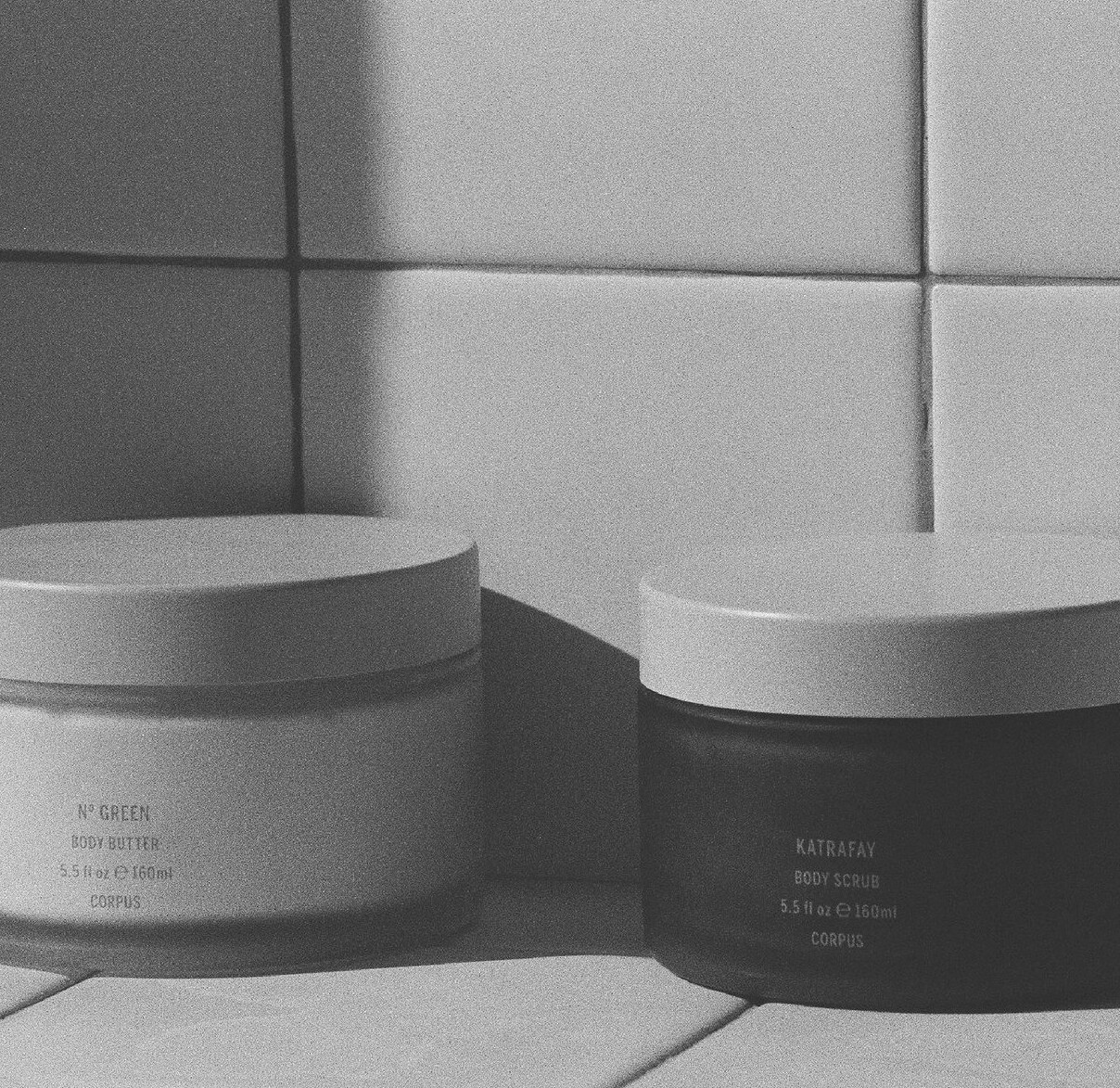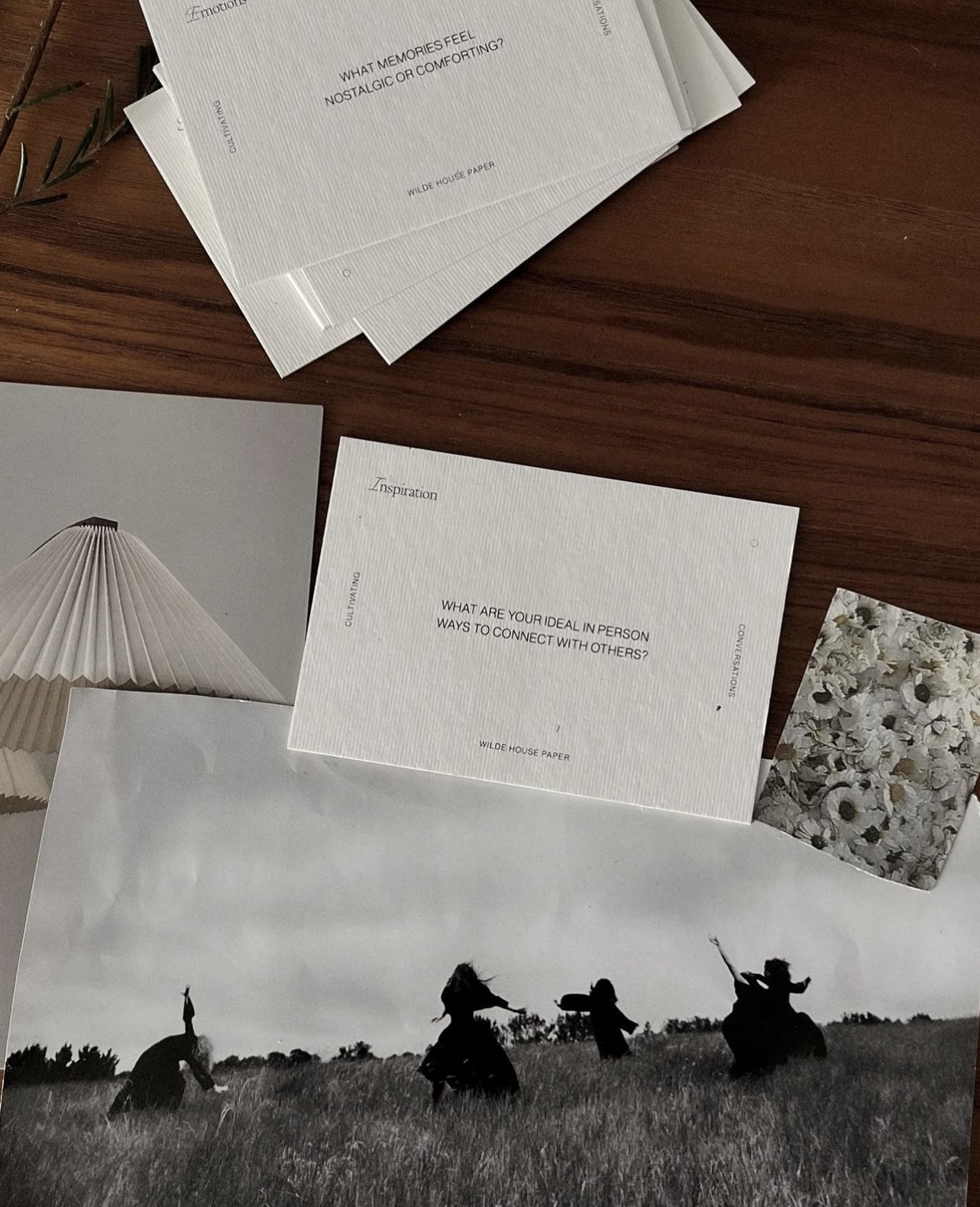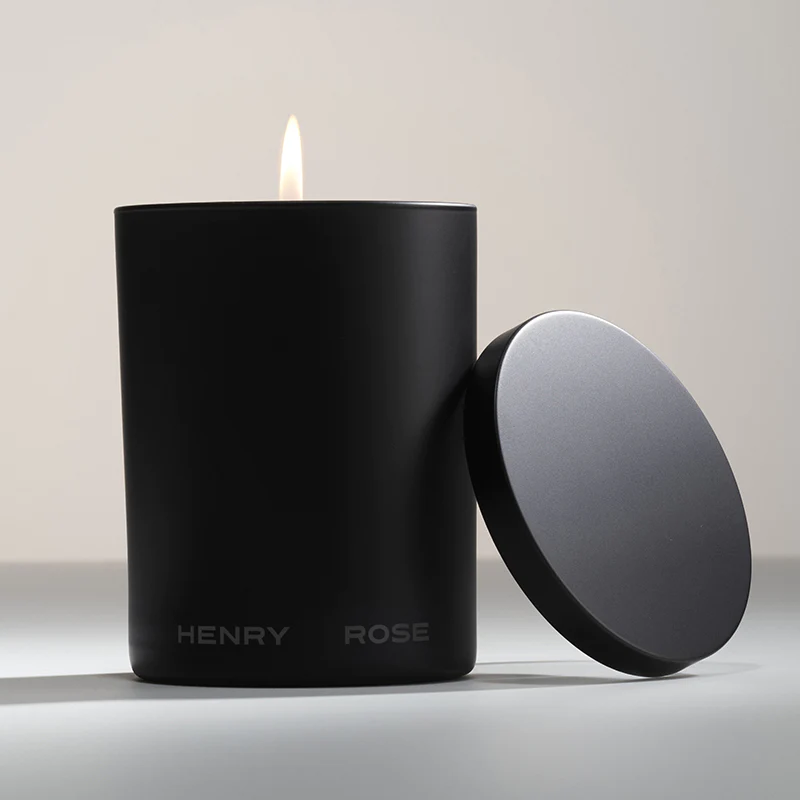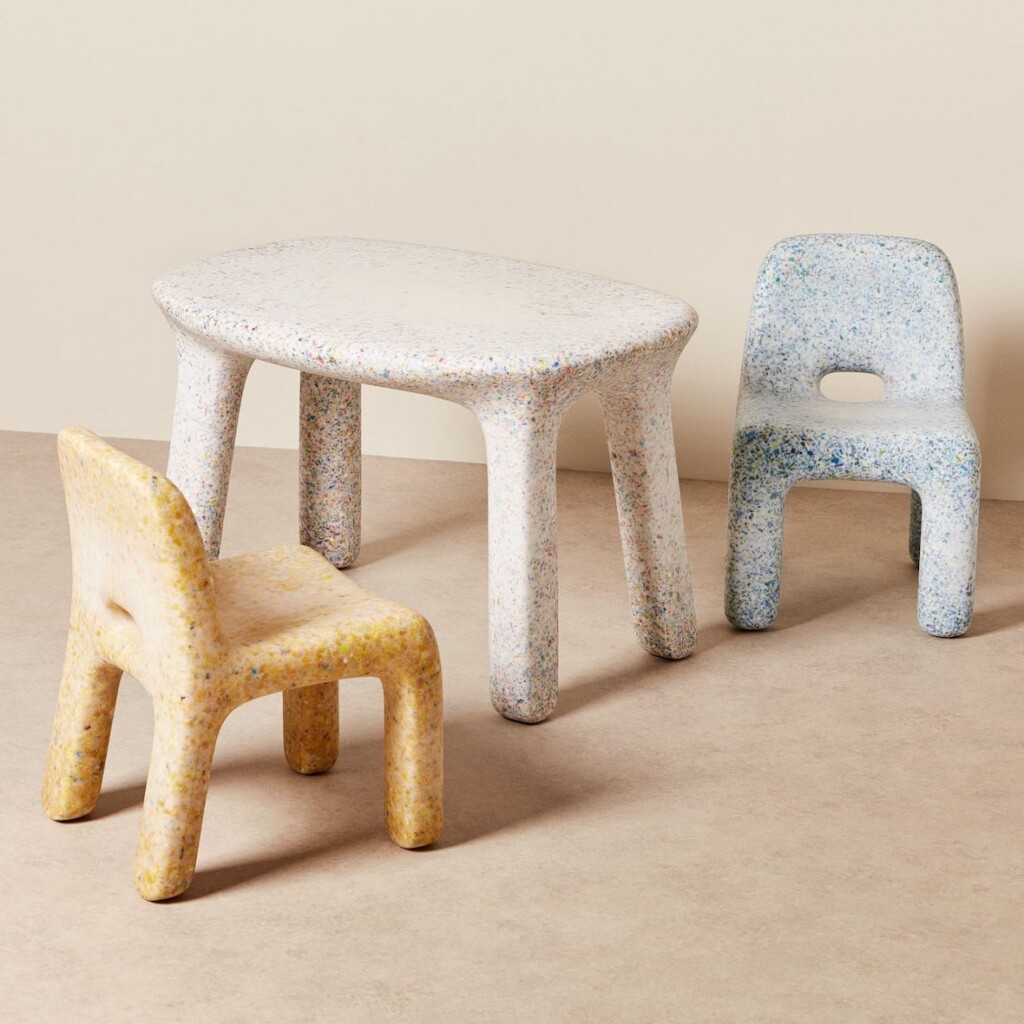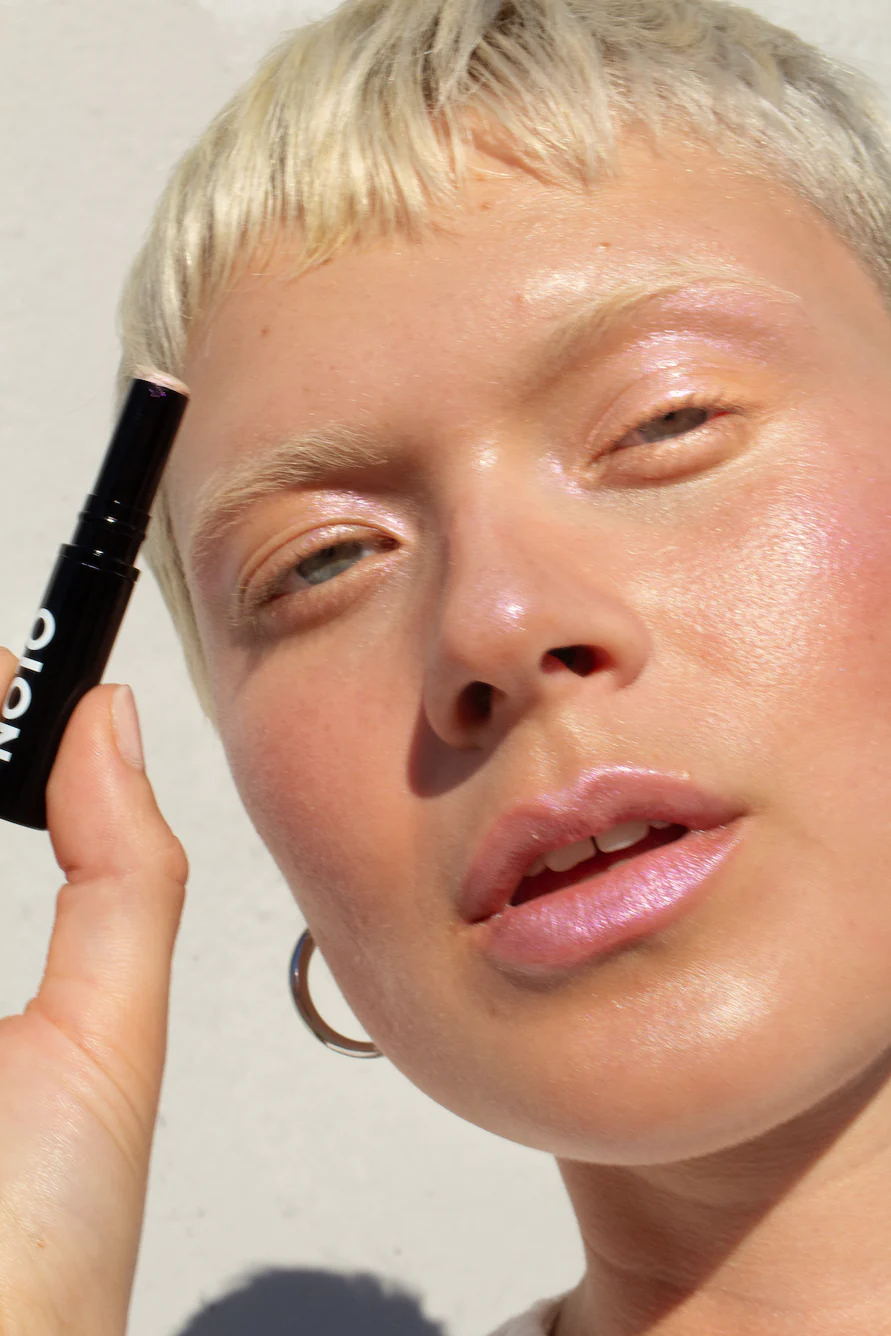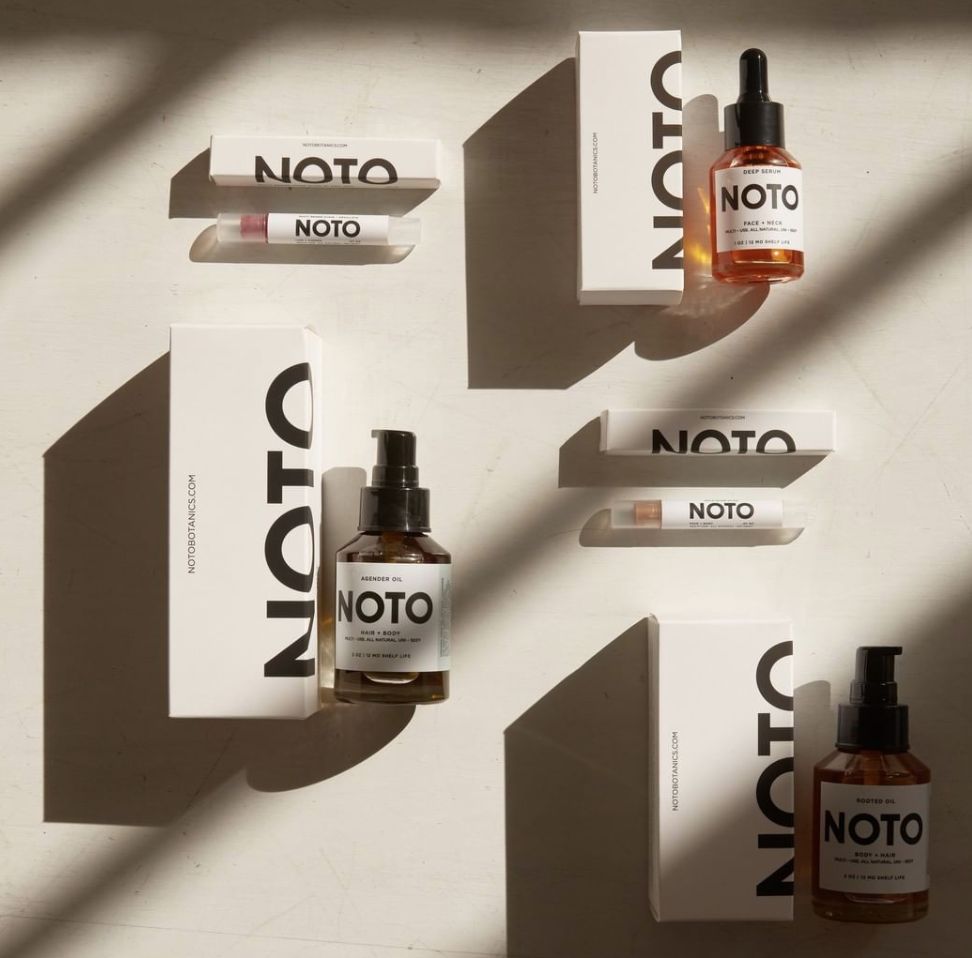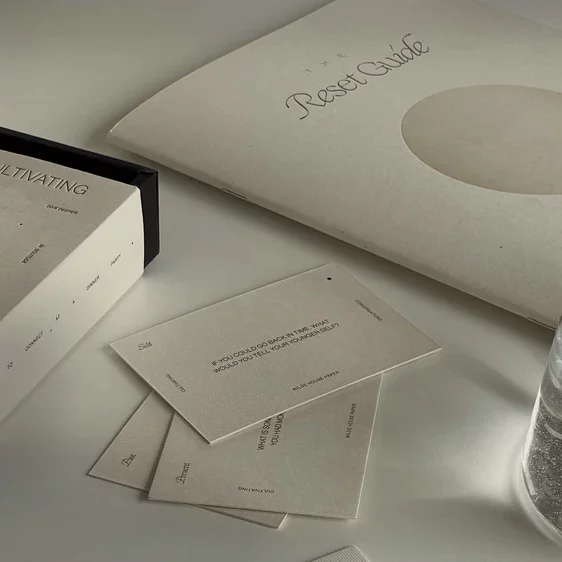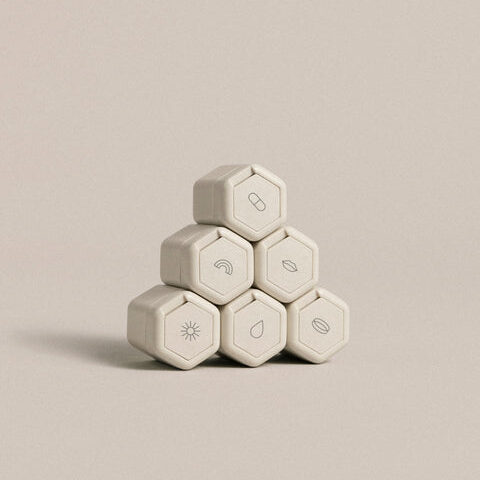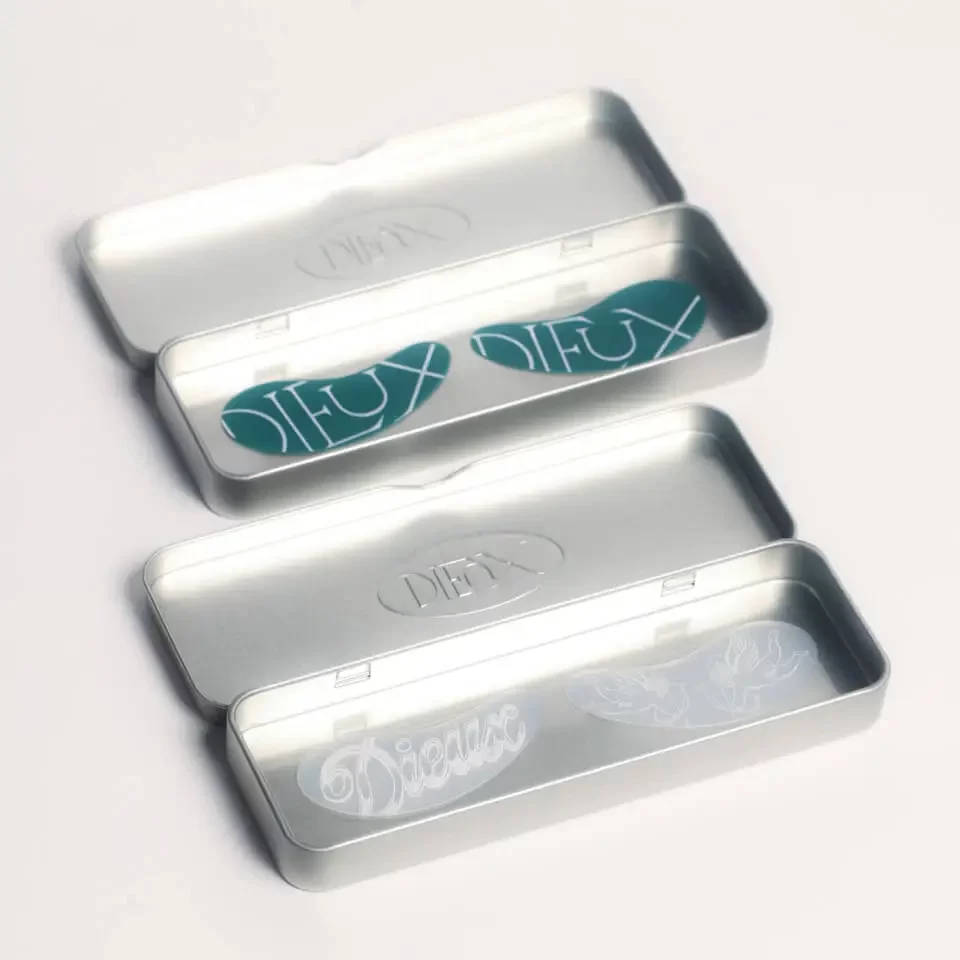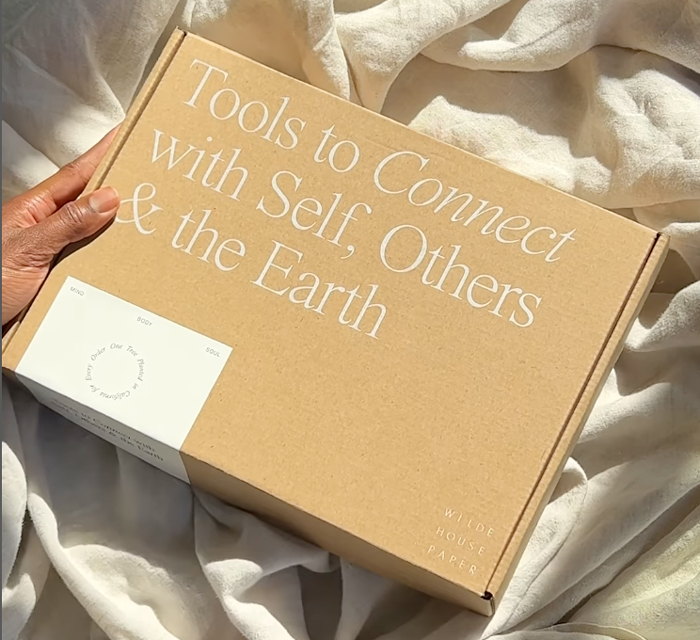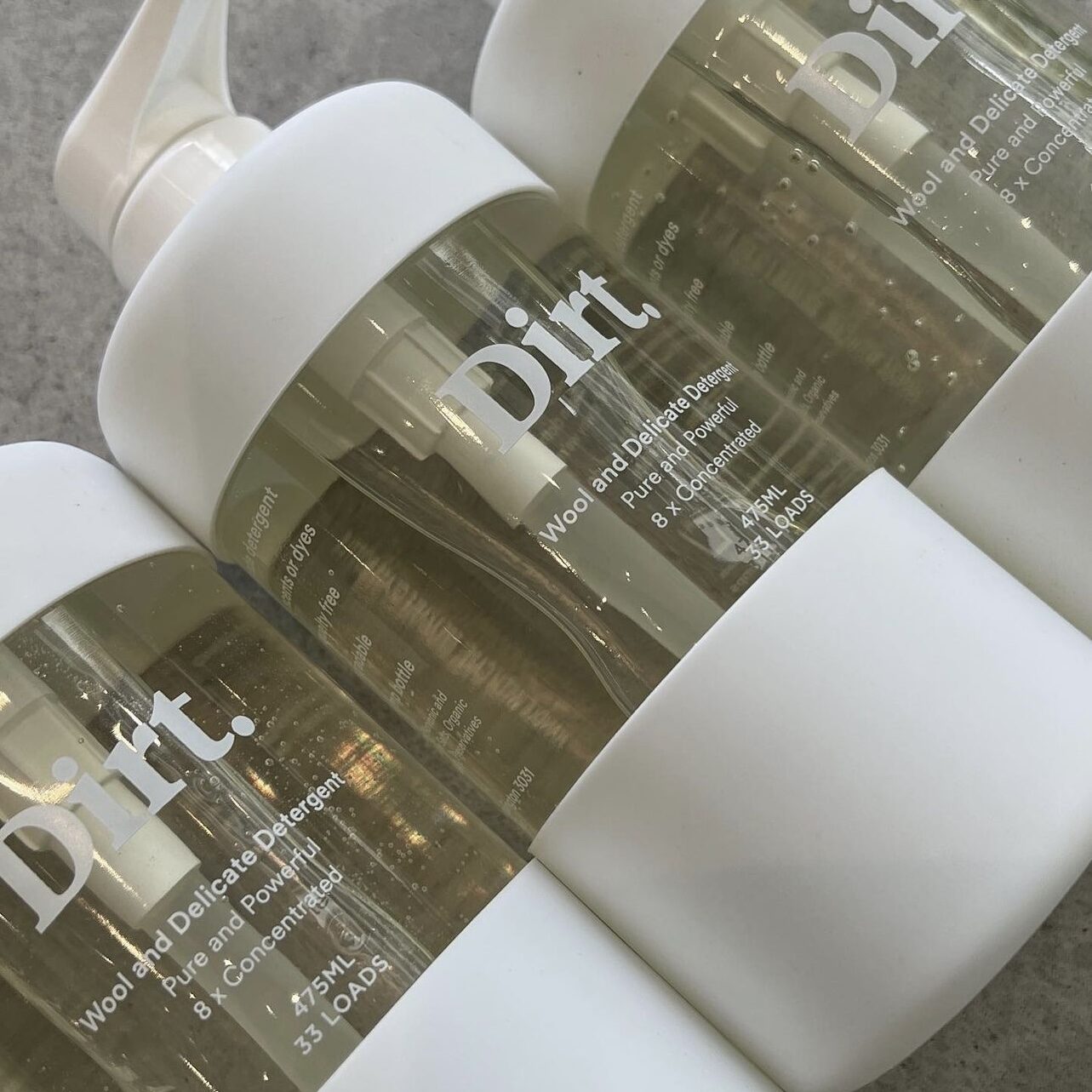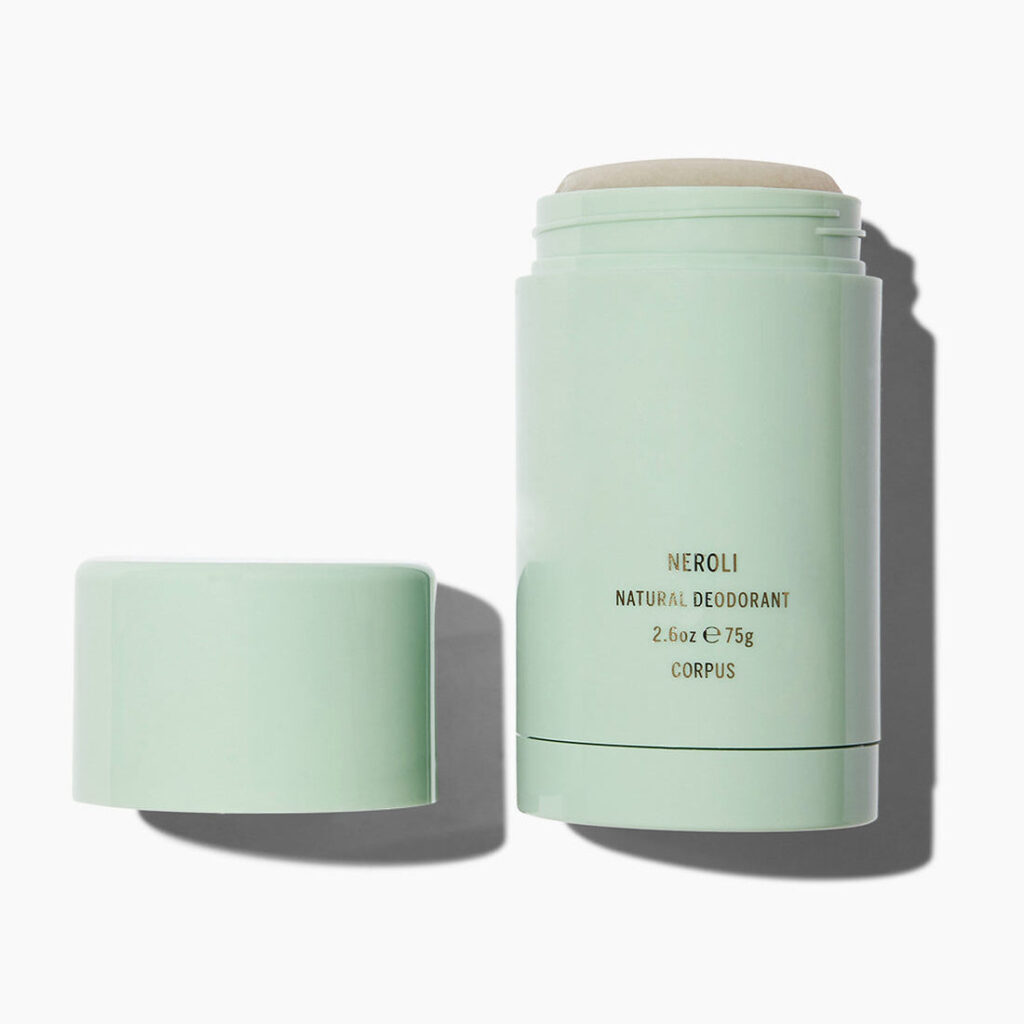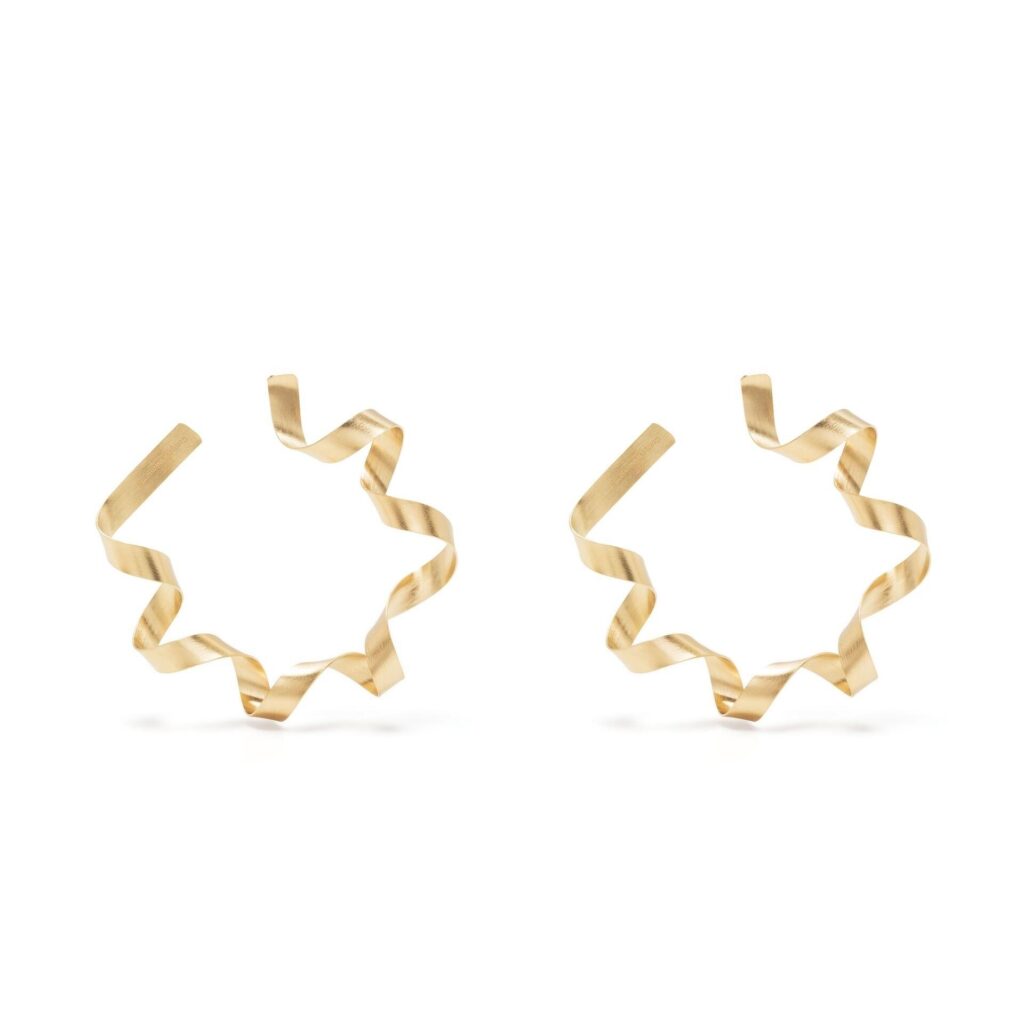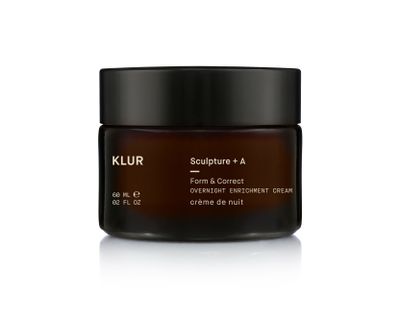the unwash review
Beautiful, high-quality, and sustainable jewelry doesn’t always have to come with luxury costs. Austrian brand Bruna the Label makes fine jewelry focused on sustainability and ethical sourcing, all at an accessible price point. The jewelry industry does not always align with climate conservation practices. Unethical gold, diamond, and gemstone mining have long been part of the industry, causing retailers to do further due diligence by ensuring all aspects of their supply chain are certifiably ethical. Jewelry often honors the beauty of our natural resources but negates that by the process of obtaining these raw materials. Many indie brands are disrupting the industry with larger changes for responsible jewelry practices. Bruna that Label draws inspiration from nature and works to ensure conservation through a small supply chain, using recycled materials, and a small batch approach.
With few sustainable brands on the market, founders of Bruna the Label Helena Milchrahm and Simon Rupp wanted to fill the void. The brand focuses on modern heirlooms made for the day-to-day that are built to last as quality is a main pillar of the brand’s ethos. Bruna the Label was founded in 2019. Despite their first collection launching eight months before the pandemic, the brand’s popularity continued to grow its success even with delays for their second collection. The family-run business is focused on small-batch, ethical jewelry with timeless designs that are genuinely sustainable. In just a few short years since launching their pieces have caught the attention of celebrity clientele including Emily Ratajkowski and Reese Witherspoon. Offering a truly sustainable product that is also in an approachable price range makes the brand stand out from the crowd with its unique positioning in the industry.
“Sustainability is more important than ever, and it’s time for every company to address it in various aspects of their corporate philosophy – because our planet is far too precious to rob it of every resource and energy.” – Helena Milchrahm, Bruna the Label Co-Founder
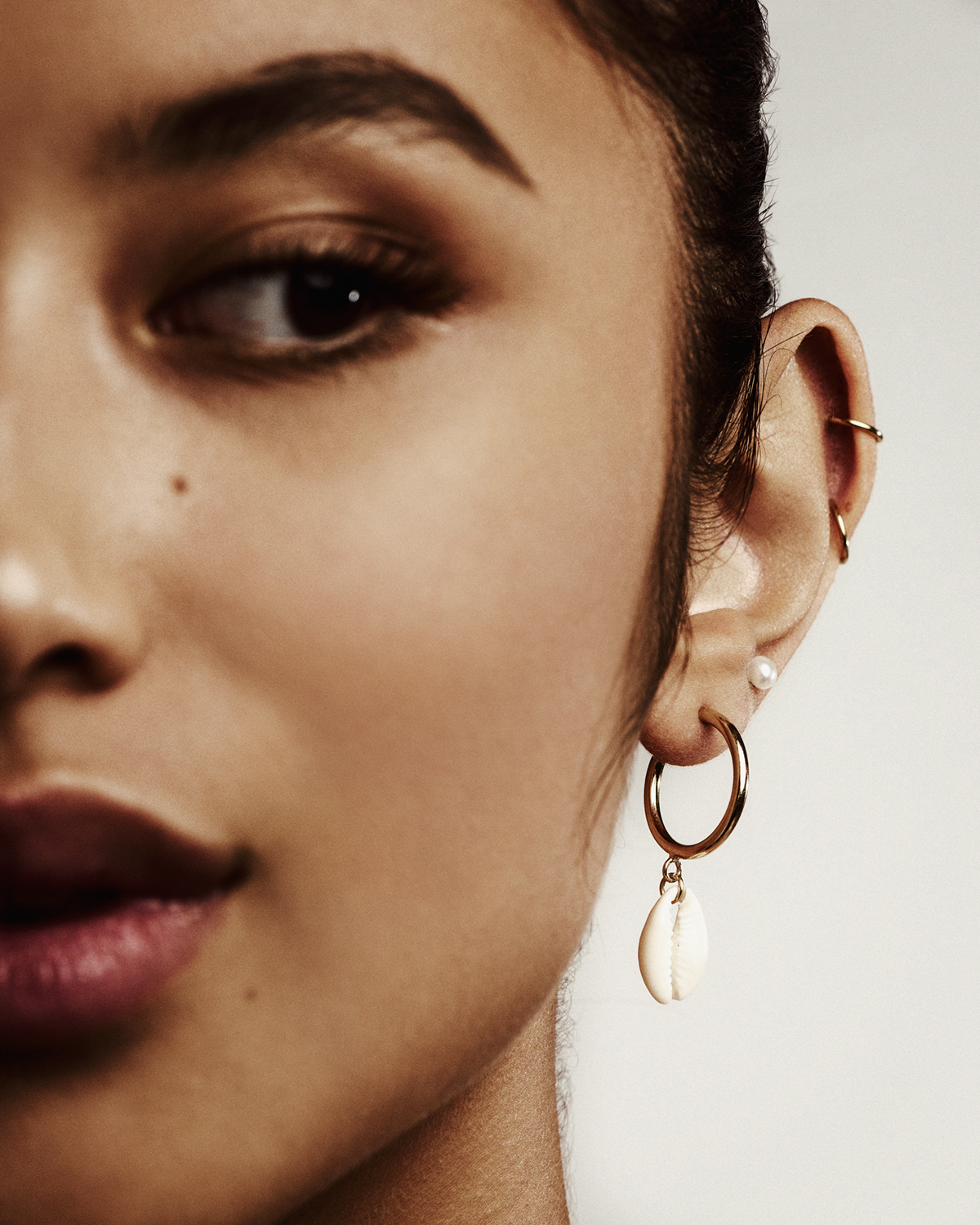
With few sustainable brands on the market, founders of Bruna the Label Helena Milchrahm and Simon Rupp wanted to fill the void. The brand focuses on modern heirlooms made for the day-to-day that are built to last as quality is a main pillar of the brand’s ethos. Bruna the Label was founded in 2019. Despite their first collection launching eight months before the pandemic, the brand’s popularity continued to grow its success even with delays for their second collection. The family-run business is focused on small-batch, ethical jewelry with timeless designs that are genuinely sustainable. In just a few short years since launching their pieces have caught the attention of celebrity clientele including Emily Ratajkowski and Reese Witherspoon. Offering a truly sustainable product that is also in an approachable price range makes the brand stand out from the crowd with its unique positioning in the industry.
With few sustainable brands on the market, founders of Bruna the Label Helena Milchrahm and Simon Rupp wanted to fill the void. The brand focuses on modern heirlooms made for the day-to-day that are built to last as quality is a main pillar of the brand’s ethos. Bruna the Label was founded in 2019. Despite their first collection launching eight months before the pandemic, the brand’s popularity continued to grow its success even with delays for their second collection. The family-run business is focused on small-batch, ethical jewelry with timeless designs that are genuinely sustainable. In just a few short years since launching their pieces have caught the attention of celebrity clientele including Emily Ratajkowski and Reese Witherspoon. Offering a truly sustainable product that is also in an approachable price range makes the brand stand out from the crowd with its unique positioning in the industry.
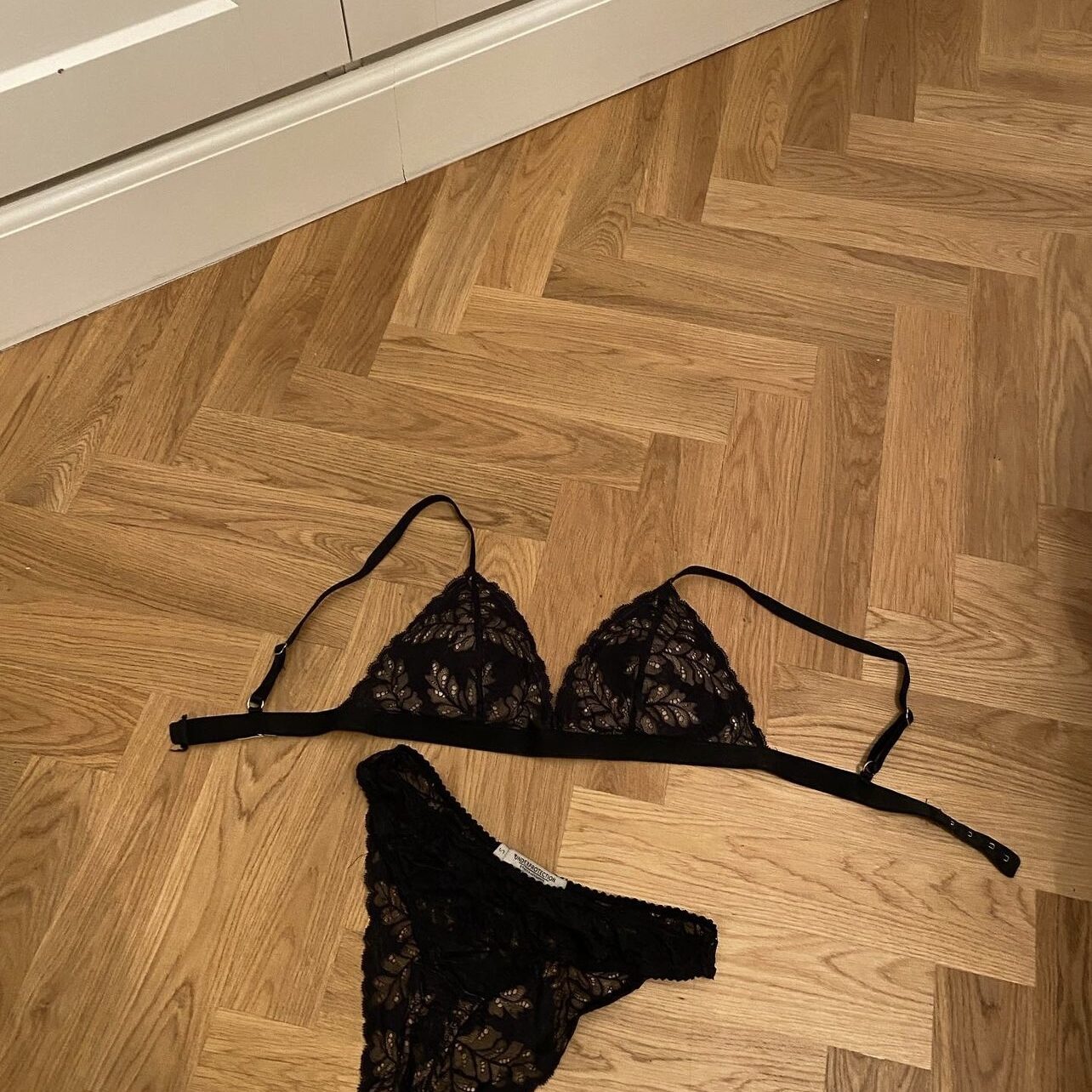
01
Underprotection
Underprotection makes sustainability sexy with its environmentally conscious lingerie line. Based out of Copenhagen, the founders saw the need for a sustainable option for something we need every day – underwear. The brand came into the industry with hopes of sparking change as they were one of few sustainable options on the market.
Underprotection makes sustainability sexy with its environmentally conscious lingerie line. Based out of Copenhagen, the founders saw the need for a sustainable option for something we need every day – underwear. The brand came into the industry with hopes of sparking change as they were one of few sustainable options on the market.
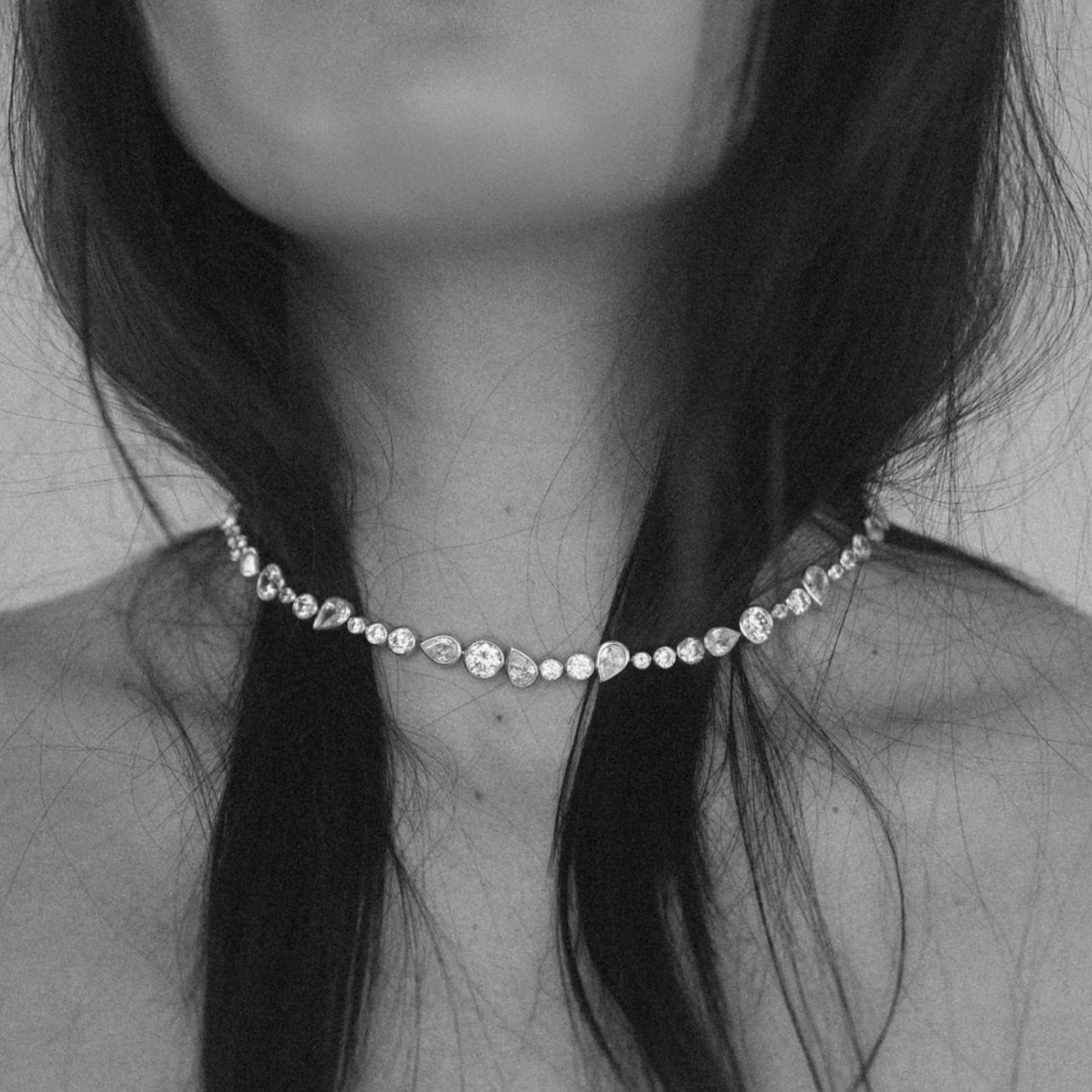
02
Completedworks
Completedworks uses reclaimed, recycled, and ethically sourced materials such as marble, glass, bio-resin, and silver. The brand proves you don’t have to compromise design and style for sustainable practices but rather that the two can work in harmony to create timeless, wearable pieces.
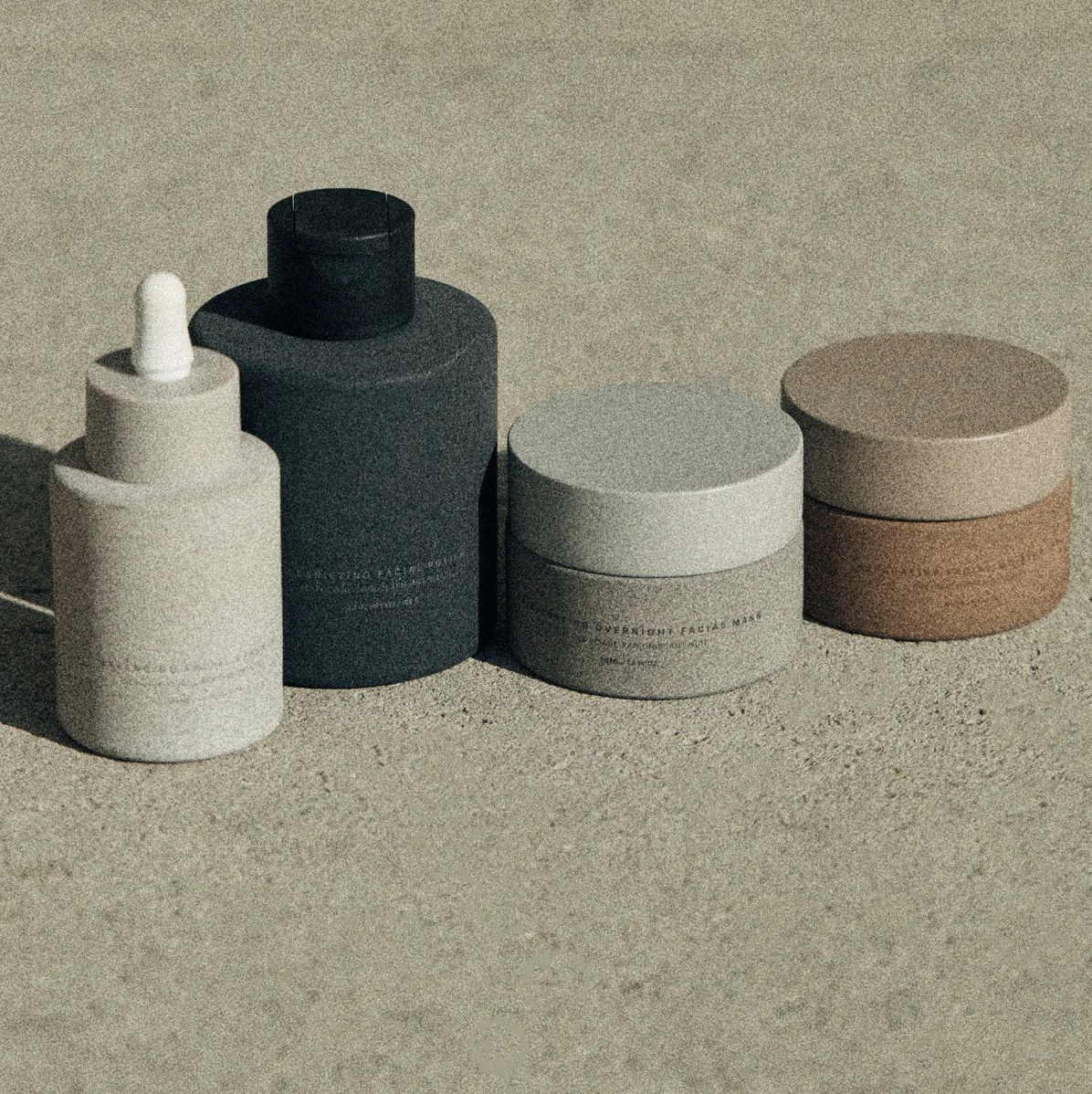
03
Natureofthings
Natureofthings is a holistic body care brand inspired by and rooted in nature, including its commitment to sustainability. The brand is committed to creating products meant to make life more pleasurable and enjoyable. Their minimal branding makes for easy packaging repurposing as the founders ensured to think about their products’ entire lifecycle at the inception of the brand.
